
Blog
Our reflections on the challenges of life on a low income, and thoughts on where change is most needed.

Cuts leave nothing to build on – the demolition of PIP
“Look, there it is,” Wayne says. My brother is standing there, pointing his finger at a white-washed plank of wood. “That’s not normal,” he adds.
Continue reading 16 mins
The Green Paper's Shadow: Could More Scottish Families Face Hardship?
While the UK's health and disability Green Paper consultation is primarily focused on England and Wales, I feel it will significantly impact Scotland due to devolved benefits and the potential for funding reductions from the UK government.
Continue reading 4 mins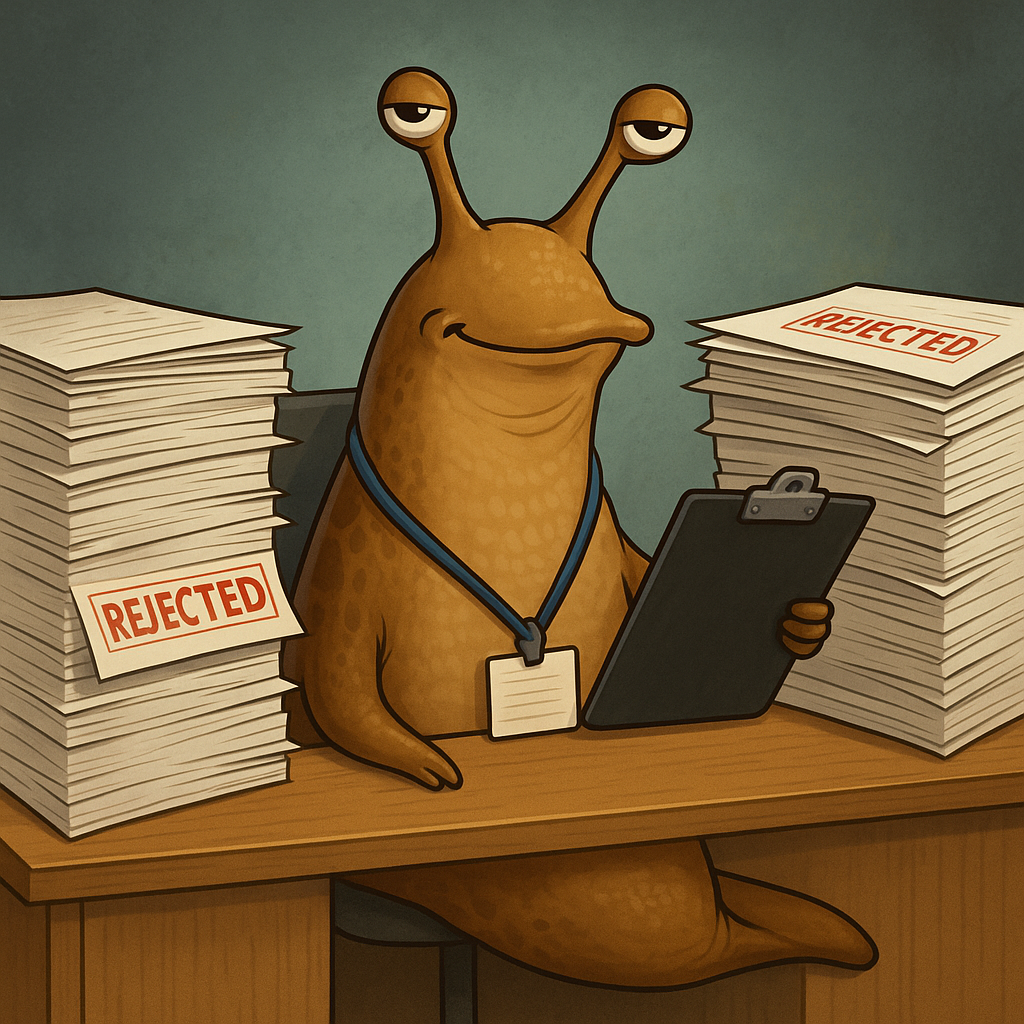
Someone Needs to Have a Word with Criteria’s Agent ...
Because honestly?
They’ve got the reputation of Beyoncé
but the people skills of a damp envelope.
Everyone’s trying to meet Criteria.
They’re booked and busy, apparently.
The name’s everywhere
“Oh, sorry, you don’t meet Criteria.”
“Try again when Criteria says yes.”
“Unfortunately, Criteria has spoken.”
But have you ever actually seen them?
Because Criteria is slippery.
Like a greased-up slug in designer shoes.
They hate people,
avoid eye contact,
and only communicate through soul-crushing emails.
They ghost referrals.
They dodge responsibility.
They say “no” with the smugness of someone
who’s never had to fill in their own PIP form.
Criteria thinks they’re perfect.
Because everyone wants to meet them.
They confuse scarcity with superiority.
They raise the bar just to avoid having to deal with actual people.
Can’t let just anyone in
especially not someone messy, honest, or visibly struggling.
They like their pain neat,
their files thick,
and their inbox ignored.
They work in isolation, of course.
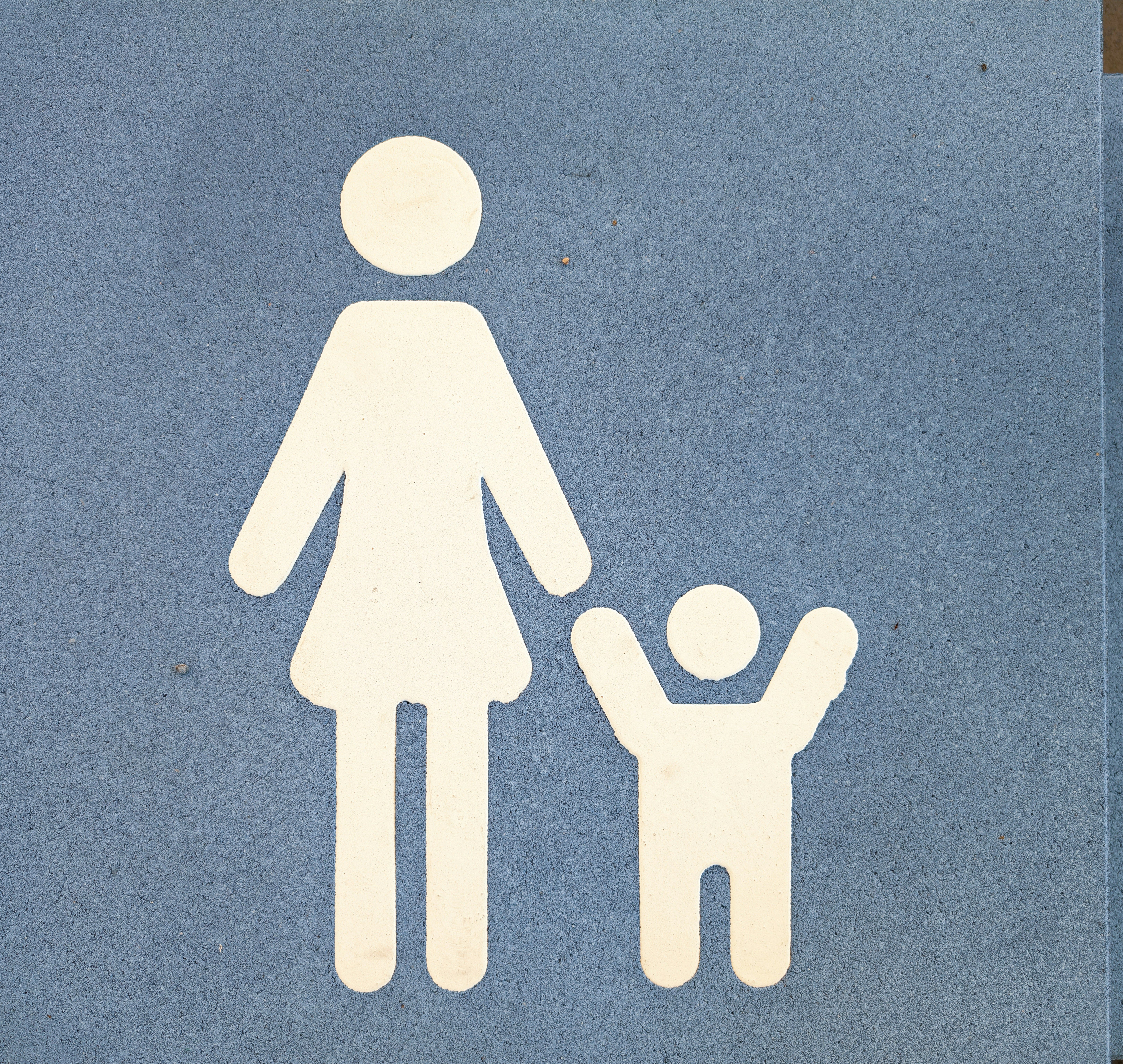
“I managed to find my voice”: Speaking at a Childcare roundtable at the DfE
I have just returned from a roundtable event hosted by Changing Realities at the Department for Education in London, where we had a meeting with Minister Alison McGovern (DWP-Employment) and Minister Stephen Morgan (DfE-Early Education) and other relevant civil servants. The event was an amazing experience! Although I was very nervous and apprehensive I am so glad that I was able to be part of this.
Continue reading 4 mins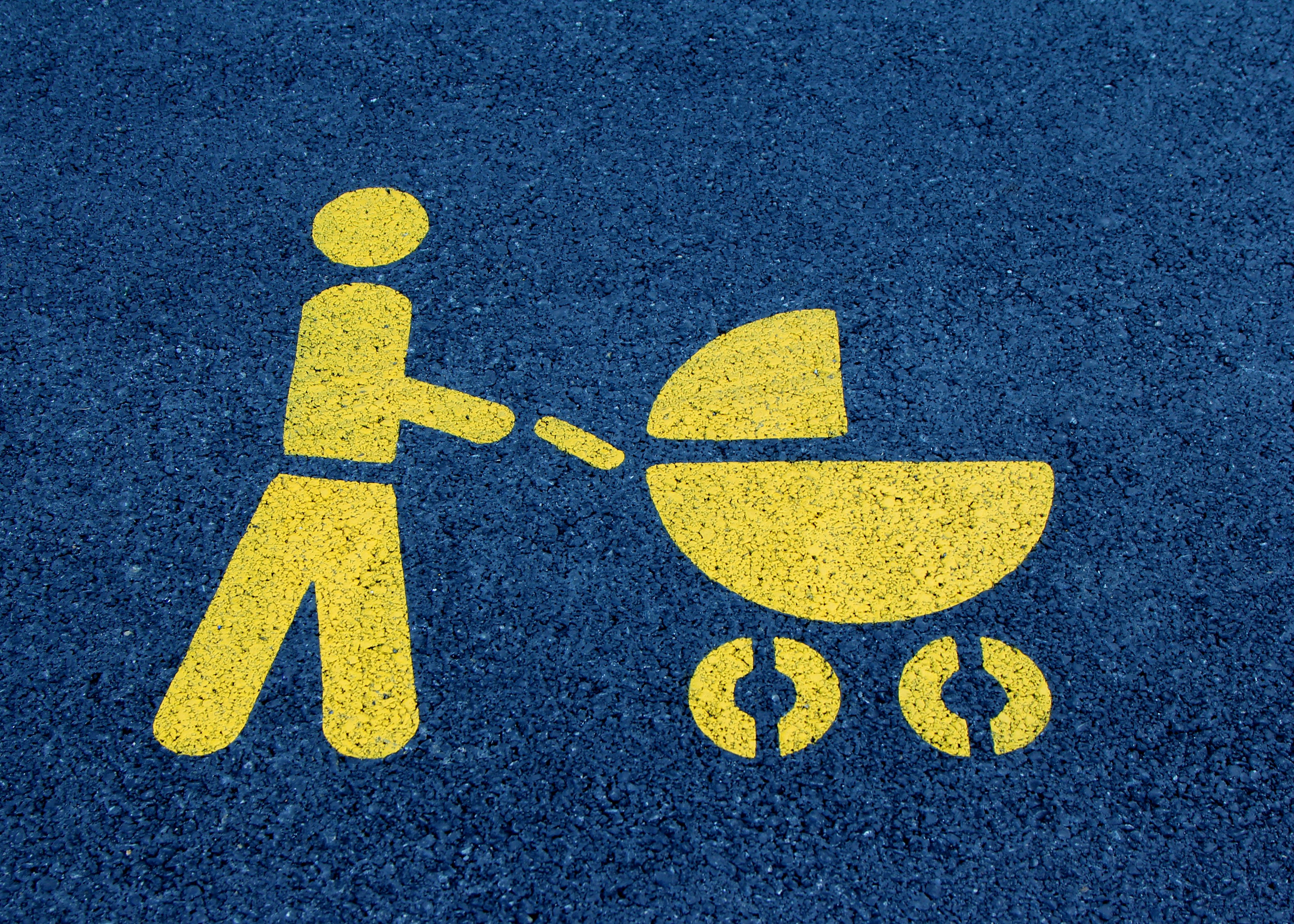
A Heartfelt Journey to Westminster: Championing Childcare for Every Family
Last week, I took a journey that began in my heart but led me straight to the doors of power—meeting with Minister Stephen Morgan (DfE), Minister Alison McGovern (DWP), and other civil servants to discuss a cause close to many of us: improving childcare for families on benefits and low incomes, including those raising children with special needs.
Continue reading 3 mins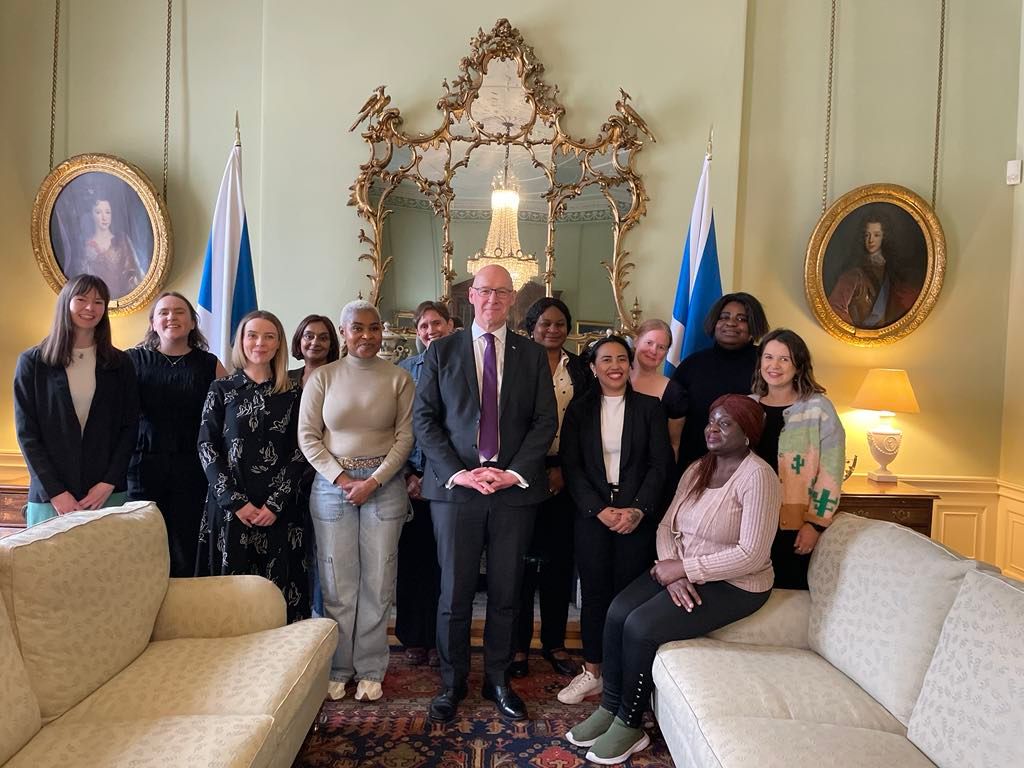
A Powerful and Warm Meeting with the First Minister
On the 21st of April, Easter Monday, I had the honour and privilege, along with a fellow group of parents at Changing Realities team, to be invited and attend a meeting with John Swinney - the First Minister of Scotland - at his residency in Bute House, Edinburgh. The meeting was in connection to the child poverty strategy, and was an important space for us all to share our lived experience as crucial evidence in the hope of informing the strategy.
Continue reading 4 mins
Just for a moment: a temporary sense of security in an uncertain world
Today, well supposed to be tomorrow, the payment for the month will go into my bank account. It’s universal credit. And I feel awful that I get it. But if I’ve been really careful the month before, there will be more there!
Continue reading 6 mins
Lest you forget: A Letter to Liz Kendall & The Labour Party
Dear Liz,
Continue reading 7 mins
An opportunity to speak Truth to Power
It was an absolute honour and privilege when the opportunity arose for me, a participant of Changing Realities, to attend the meeting with Secretary of State for Education, Bridget Phillipson, at the Department for Education in London. Our aim was to discuss the challenges of parenting children with SEND (special educational needs and disabilities) on a low-income, and to suggest how some of these challenges might be overcome.
Continue reading 7 mins
Their Privileges Are Showing
How to tell the nation’s more vulnerable that you have no clue about the realities of their situation? Answer: By making life infinitely more difficult for them with one simple administrative change. Having to score four points in one category to qualify for personal independence payment (PIP) – even though each category is so subjective, variable and open to biased interpretations – is offensively insensitive.
Continue reading 10 mins
Lone Parenting on a Low Income: Remaining Resilient
I am a lone parent living in North East England, I have four children, three boys and a baby girl. My strength is that I am always ready to take up new challenges, meet new people and strive for excellence. I believe in myself and that hard work will fulfill everything, however, this belief is becoming more difficult, as the cost of living crisis has caused and increased struggles making it hard to be the parent I want to be.
Continue reading 3 mins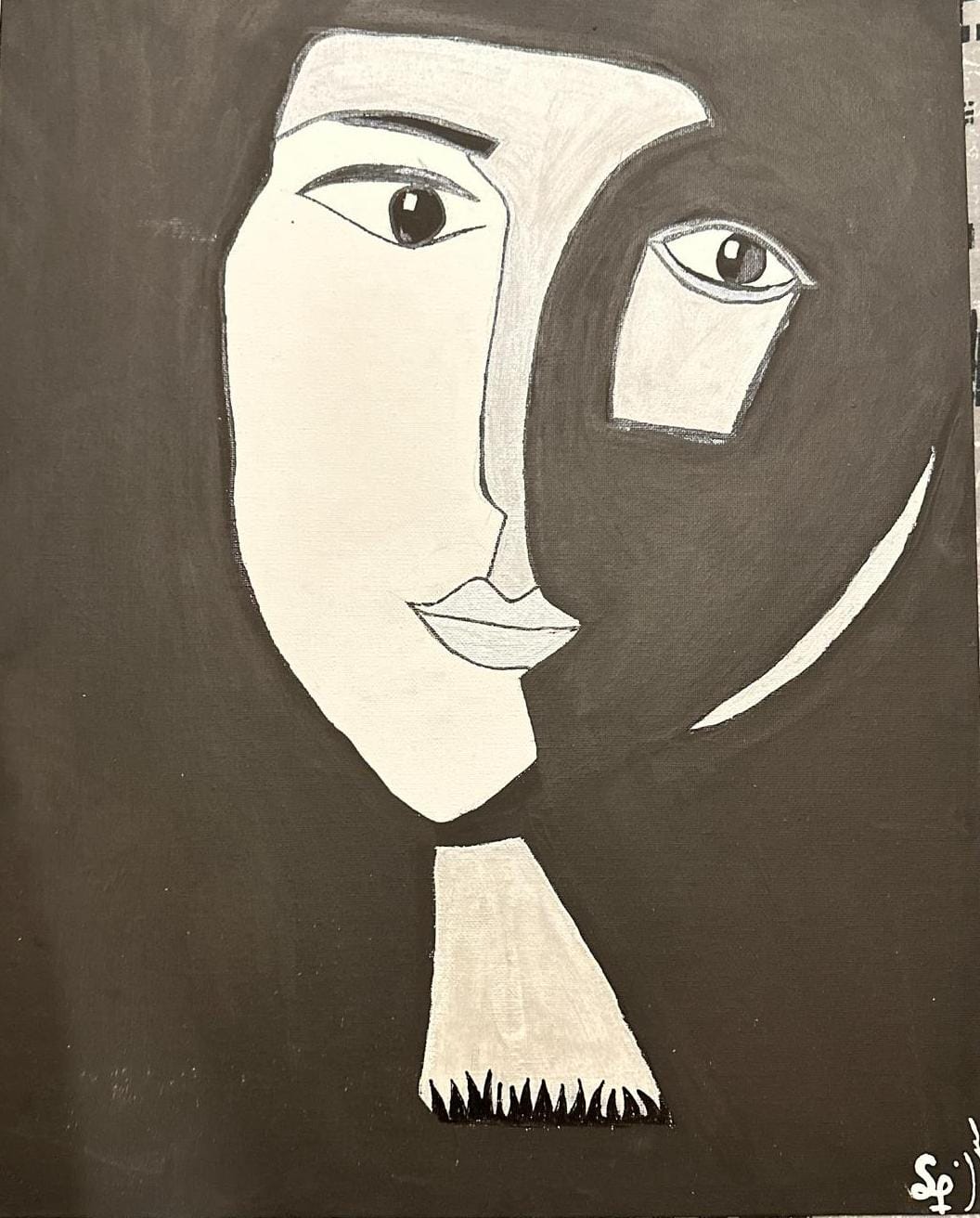
Don’t Give Me Advice (Poem)
You have no idea what it means to walk with hunger
Continue reading 3 mins
It's a bitter pill to swallow
The Disability Green Paper has been launched today. Many of us have been anxiously bracing for these announcements alongside all the speculation in the media of the upcoming Spring Budget. The current government assured us they would protect the most vulnerable. They assured us no austerity under labour and yet it's hard to conceive the Labour government treating the most vulnerable members of our society any worse. It's simply indefensible. As a single parent who receives the Limited Capability for Work and Work-Related Activity (LCWRA) component - an additional payment for those unable to work due to health conditions or disabilities - as part of my Universal Credit, I am especially concerned about these plans.
Continue reading 4 mins
Sustain Food Awards Reflection
It was a great opportunity to be able to attend the Sustain Children's Food Awards in February this year on behalf of the Changing Realities project, which has been nominated as a finalist in the Championing Equality, Diversity and Inclusion in Children’s Food category. In the morning, I was both excited and also apprehensive about the journey to London, but I was reassured knowing that I would be meeting up with another participant from Changing Realities upon arrival.
Continue reading 5 mins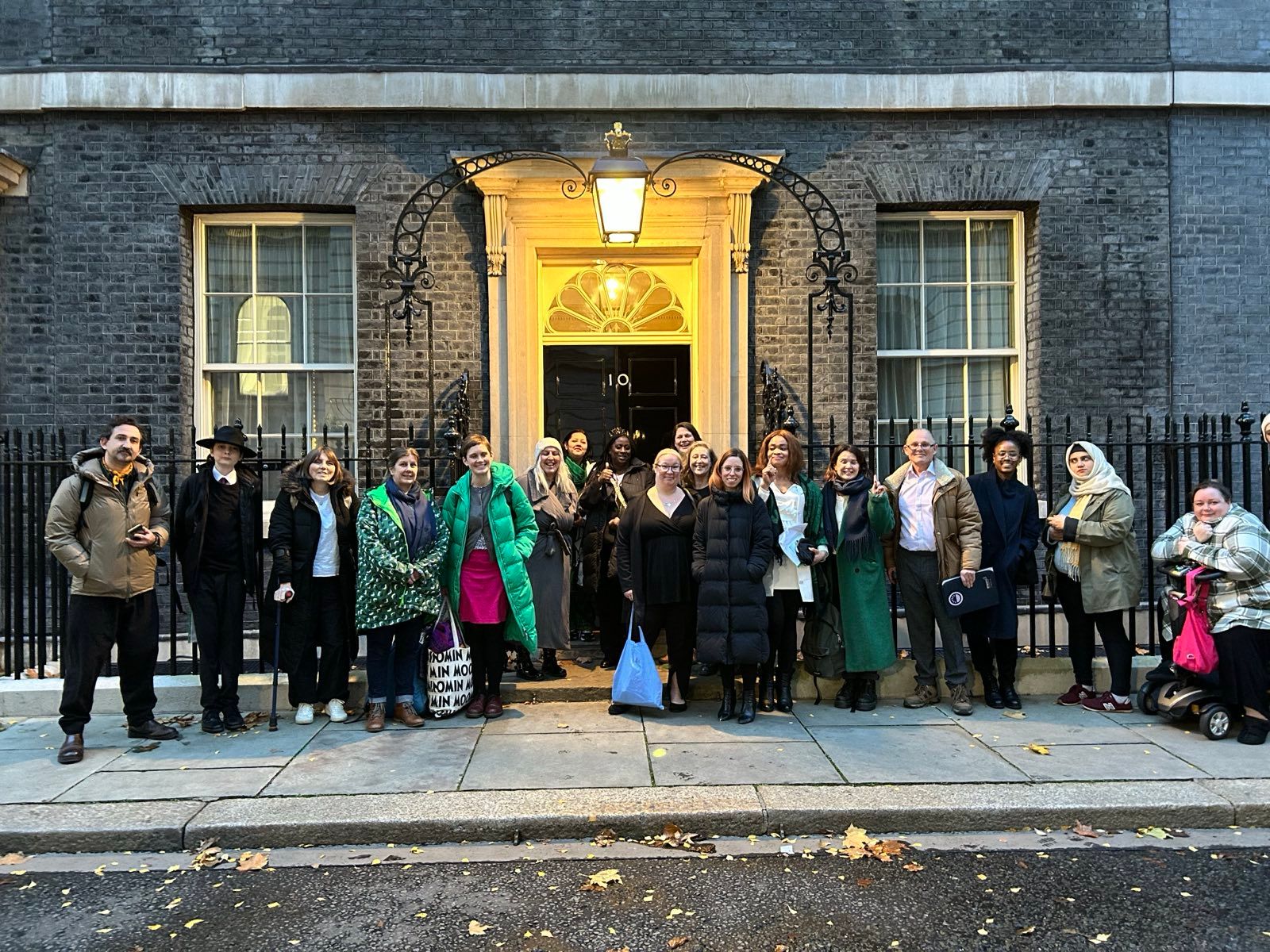
Speaking at Number 10: My experience
Standing at No.10 Downing Street and sharing my voice as part of Changing Realities was an experience I will carry with me forever. It was a moment that reminded me of the power of lived experiences and how, when shared in the right spaces, they can shape the future.
One particular moment stands out vividly: when one of the ministers said she would remember not just what we said, but who said it, I felt seen, valued, and empowered.
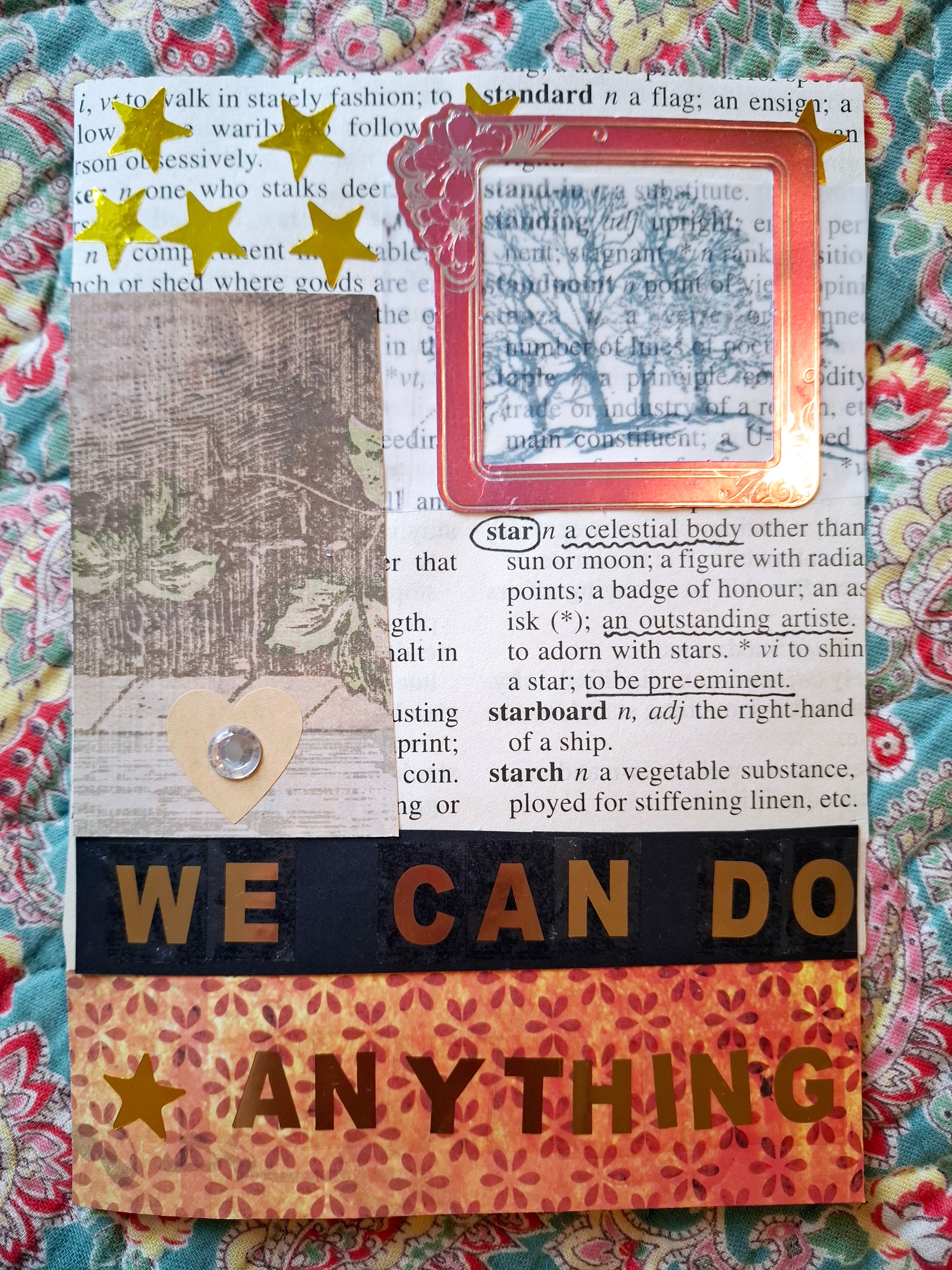
Pasts, Presents and Futures: Journalling at the Turn of the Year
I’ve always enjoyed journalling. From around the age of eight or nine, I’d faithfully write-up a diary entry each night before bed listing everyday happenings; fallings out and back in with my four siblings, what I’d had for dinner, the changing of the weather in Scotland’s far north. Later as a teenager, my granny would send the ‘Dairy Diary’ for Christmas each year; a free- gift she received with her milk delivery and passed on to me. Through my teens and twenties, I’d fill the pages with my inner struggles around relationships, family, money and my life as a struggling musician in Glasgow’s 00s music scene. In recent years, as a researcher, I’ve relied on my reflective field journal to capture insights, interrogate assumptions and make sense of thoughts not yet fully formed. Yet, despite these decades -long diary conversations with myself I’d never really considered journalling as a group experience. A way into connection and collective understanding.
Continue reading 12 mins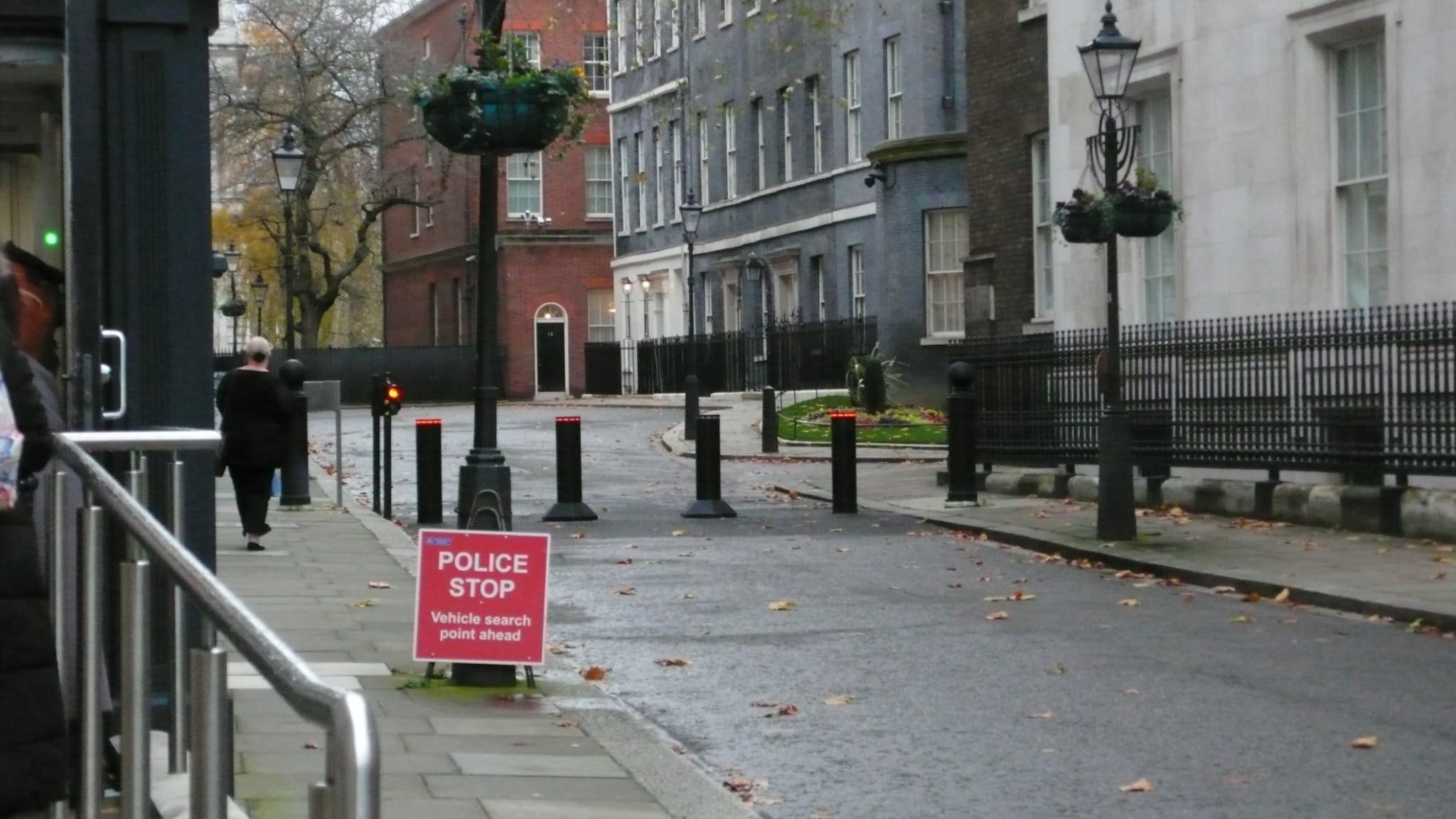
A Foot in The Door; One Step Closer to Ending Child Poverty
With Christmas just around the corner, child poverty figures are still very much at the forefront of many peoples' minds. Many children will not get the presents they long for; some will be lucky to even get warmth; An unacceptable amount may further go hungry, from a lack of enough nourishing food.
Continue reading 8 mins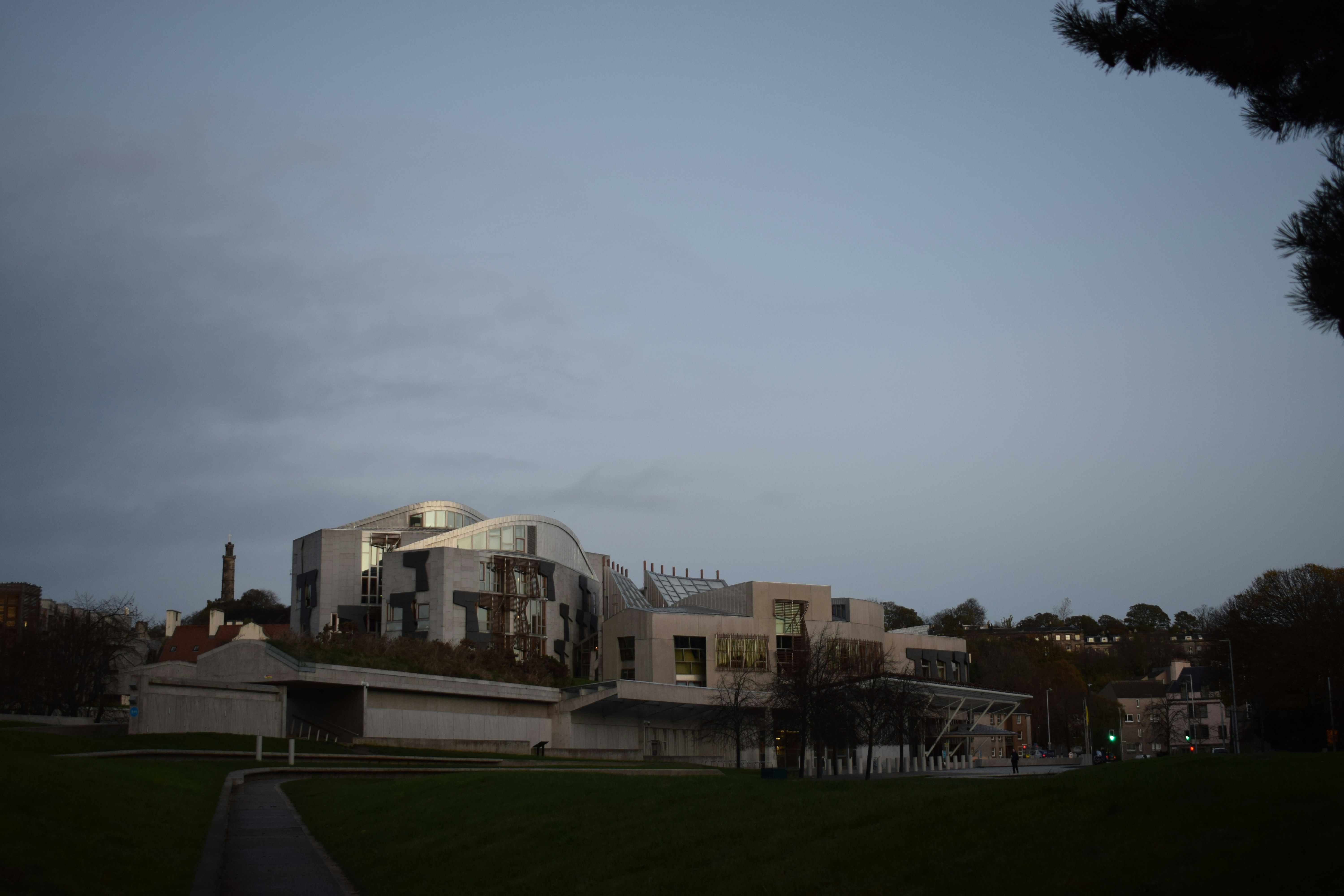
Hope for the future? What hope for families now?
Listening to Shona Robison deliver the Scottish budget sounded good, a budget that focuses on eradicating child poverty as a priority. And Robison outlined it with a vow that it ‘offers hope for the future’ with investment in public services, tackling child poverty, the climate, jobs and economic growth.
Continue reading 3 mins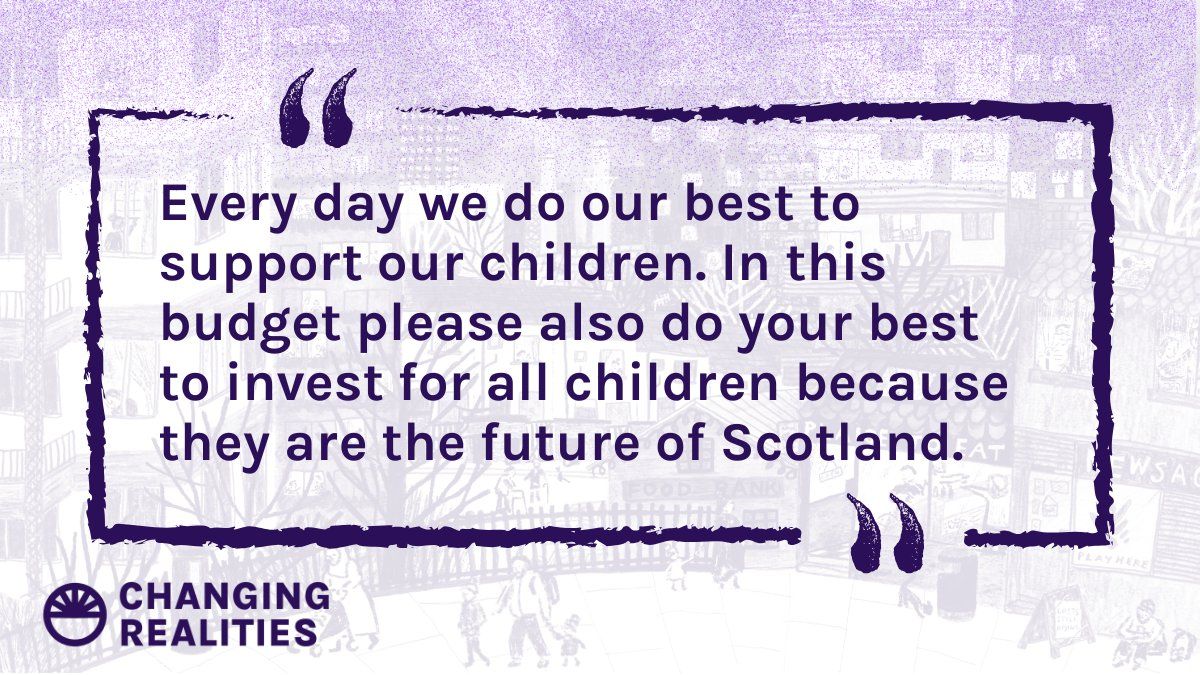
Open Letter to Shona Robison MSP
Dear Cabinet Secretary,
Continue reading 8 mins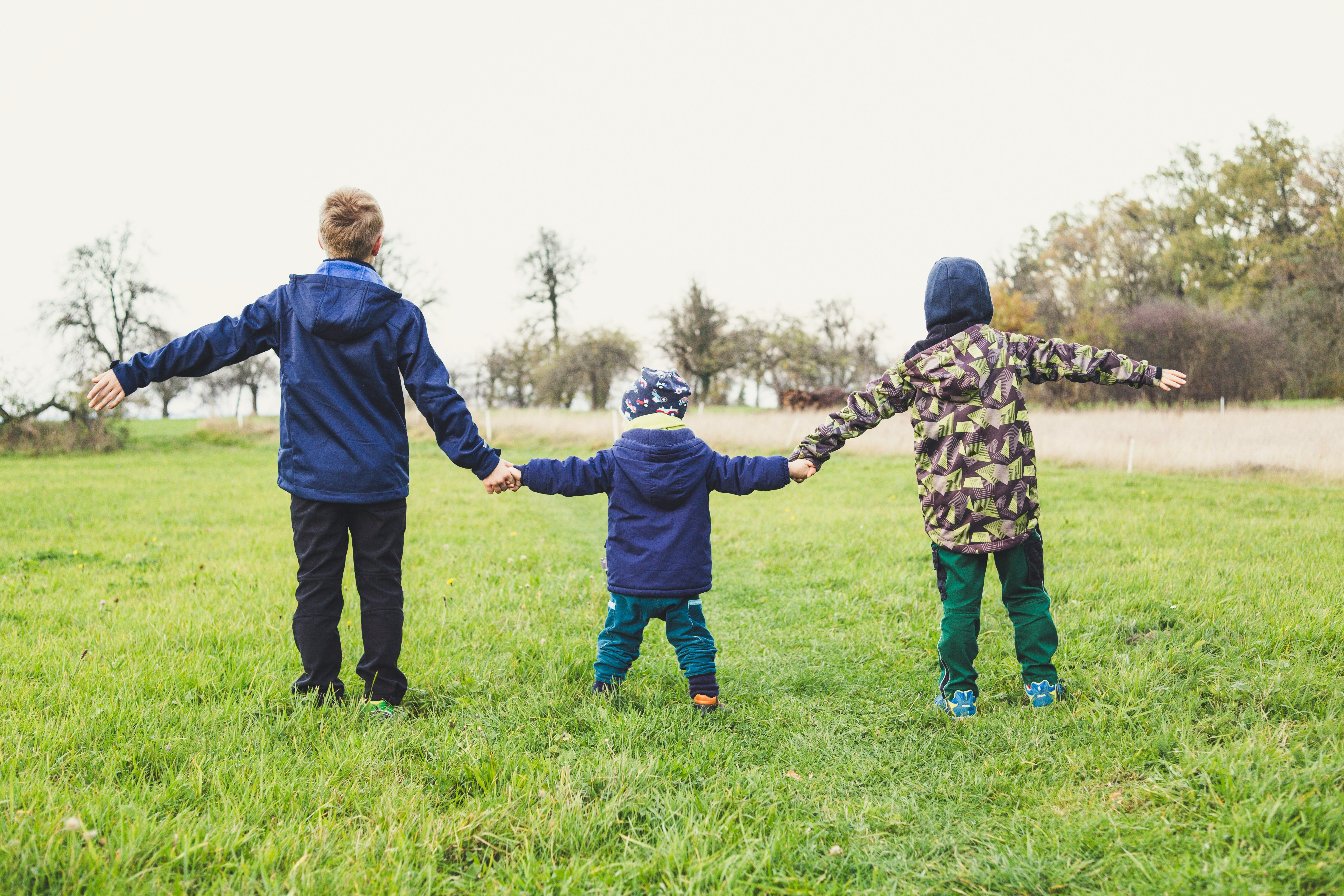
The two-child limit punishes families
In this blog, I will share my view, as a parent who volunteers with others struggling to get by on a low income, discussing how the refusal of the government to reverse the two child limit is doing more harm than good towards the parents they are aimlessly punishing.
Continue reading 6 mins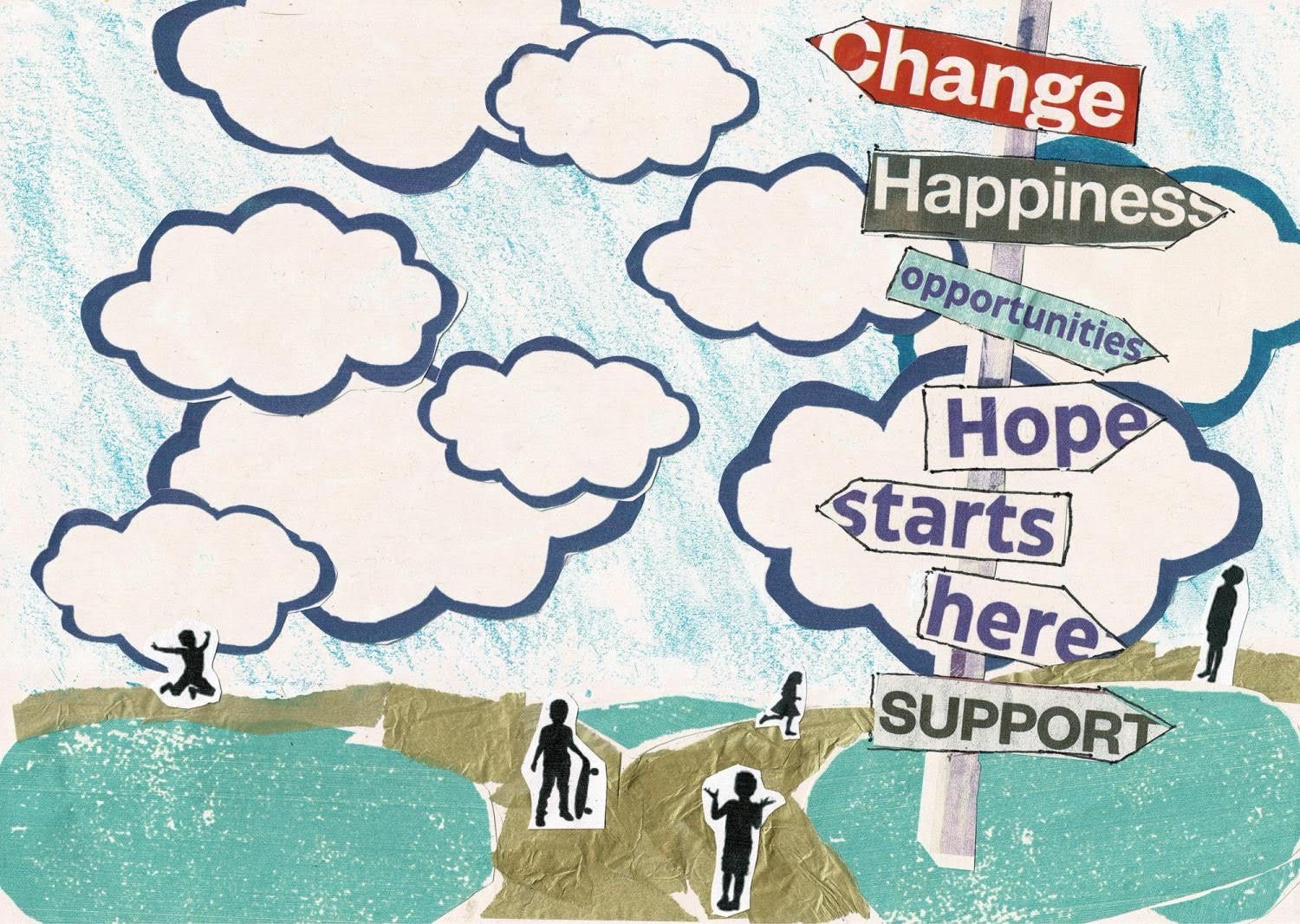
Democracy in (Fr)actions…
Going back to the last 6 weeks when the general election was announced, we have seen non stop political parties’ campaigning, bus tours to do canvassing and televised debates, it has all been leading up to this day, voting at the polls.
Continue reading 5 mins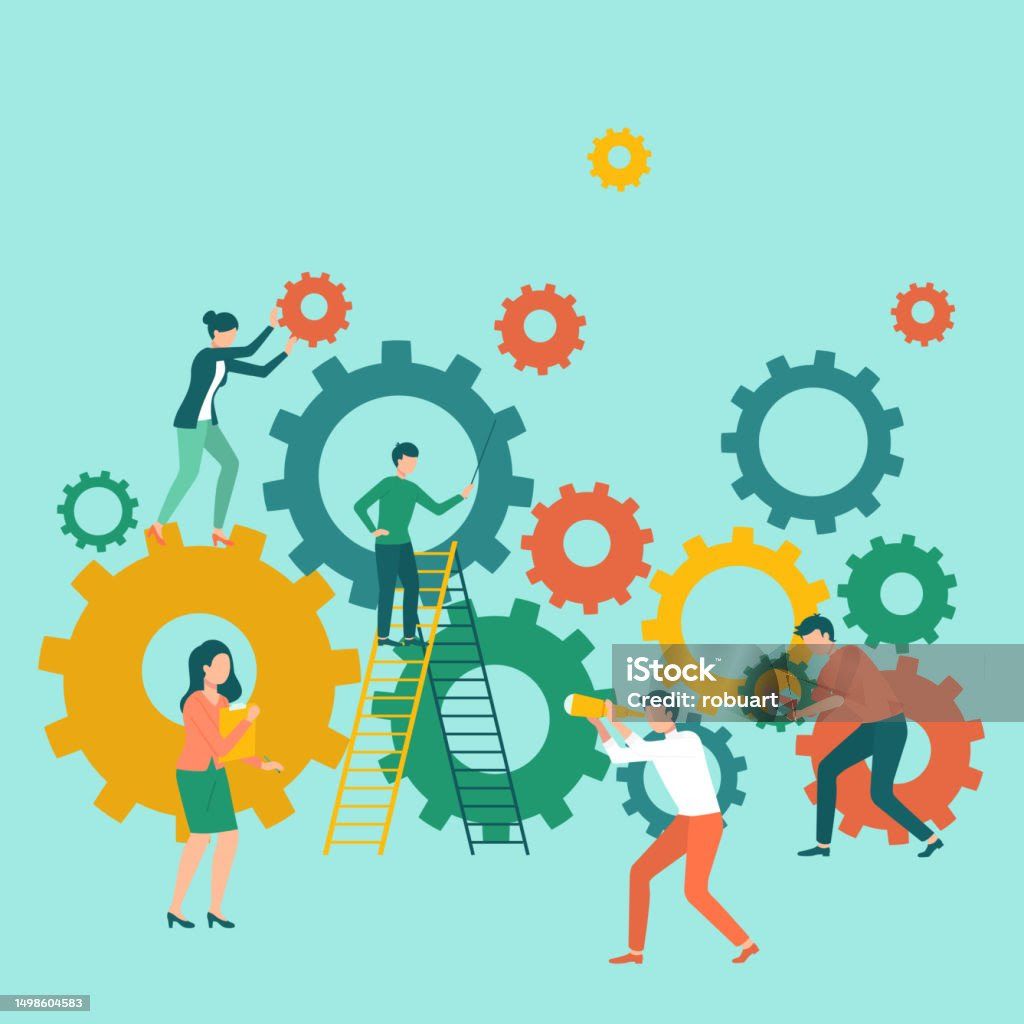
Making Universal Credit ‘Work’
In the following blog Herbie, a Changing Realities participant, shares his experience and knowledge gained from being a benefits adviser and from receiving Universal Credit. They hope some of the tips they’ve learnt will be useful. However, please keep in mind that the system is subject to change, so check for up-to-date information at your local Jobcentre.
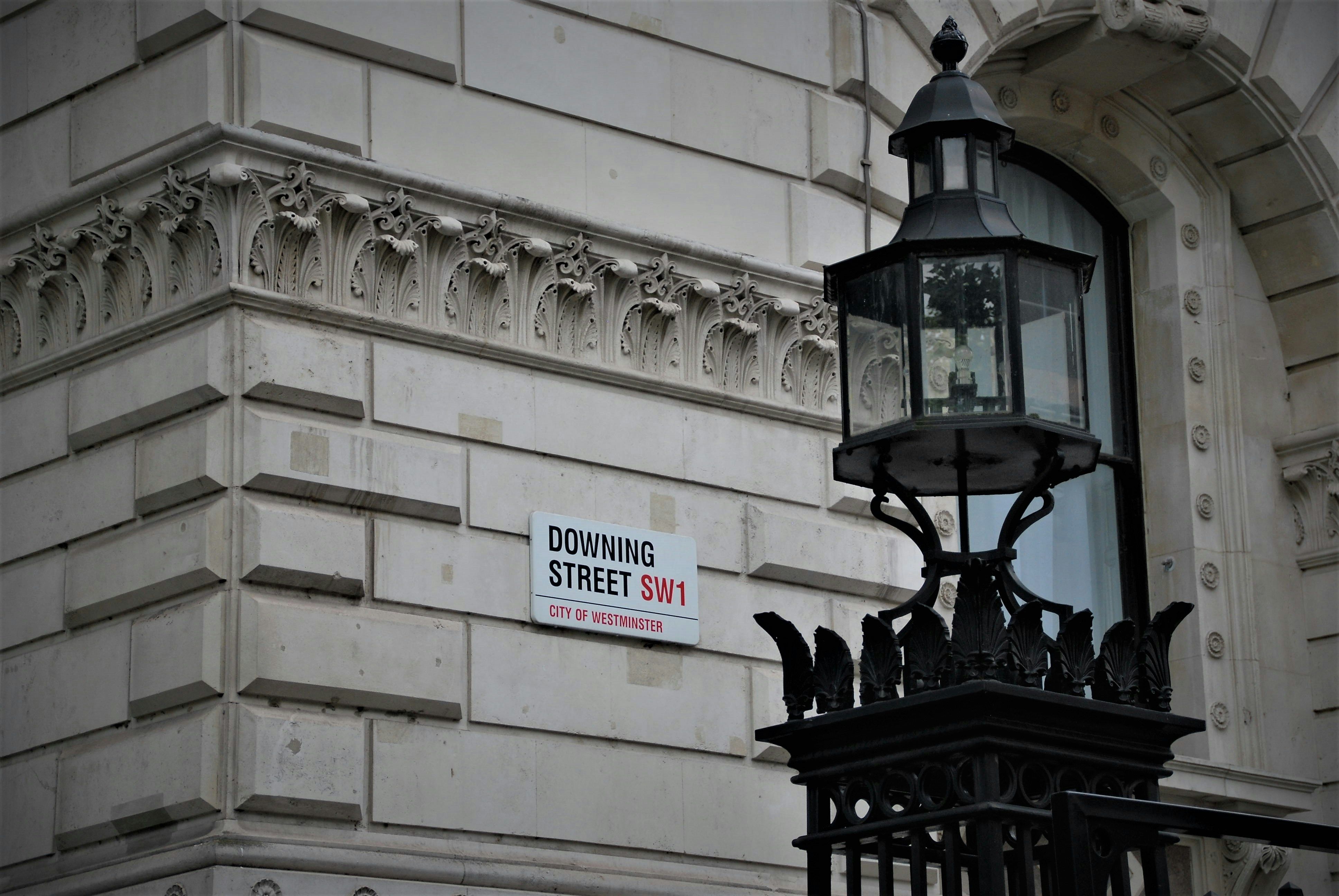
Smoke and mirrors: a political game or real change?
Two weeks ago, Rishi Sunak announced that a general election would take place on 4th July this year. Politicians such as Labour leader Sir Keir Starmer reacted by saying the vote would be a chance to change the country “for the better”. With the cost-of-living crisis as a focal point for the election, many on low incomes are concerned this is just smoke and mirrors, a tactic used by political parties to gain votes but for little to nothing to come to fruition in reality.
Hope Starts Here: Parents share hopes for their children’s futures
Changing Realities parents have been working together on a new campaign ‘Hope Starts Here’, part of this has been engaging in creative workshops including blog writing. This blog contains extracts from participants, who are parents and carers living on a low income. They reflect on the present and share their hopes for their children’s futures.
Continue reading 19 minsHope Starts Here: Let us eat cake!
Do you like cake? I do. Especially anything with buttercream - yum!
Continue reading 4 minsHope Starts Here: Security
In Maslow's hierarchy of needs, a commonly used psychological theory for childhood development, it's clear that children have several key needs to be met before they can progress towards the overall goal of success in life. The first is physical needs: food, warmth, shelter. Things many children in poverty have limited access too. For those who are not homeless, many council houses are mould ridden and outdated, while private rent is insecure. This first basic need is not definitively met for children in poverty.
Continue reading 3 mins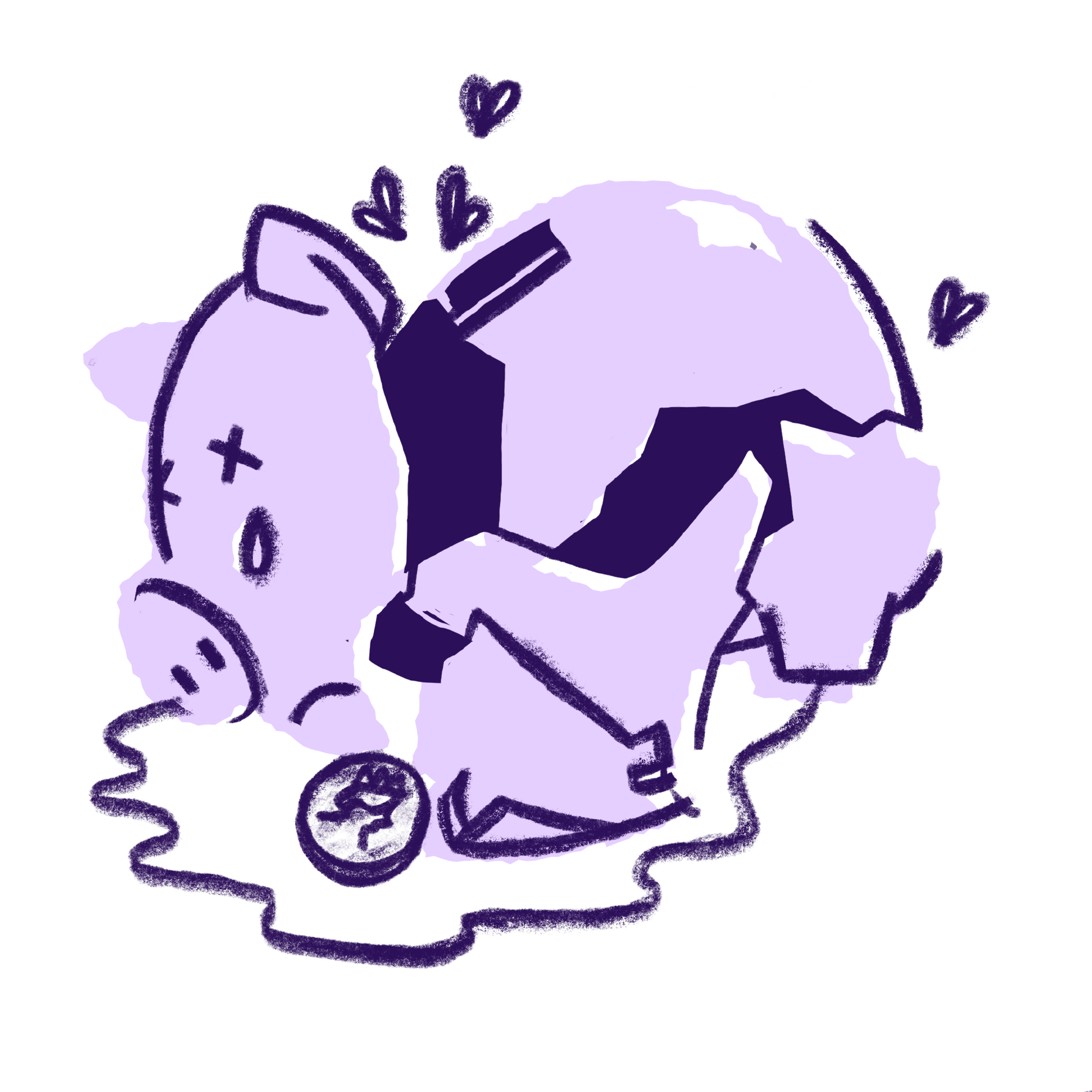
Sick [Note] Culture
The Prime Minister and his government are adamant that people are better off in work, and have recently begun to insist that our health will improve when we work.
Continue reading 10 mins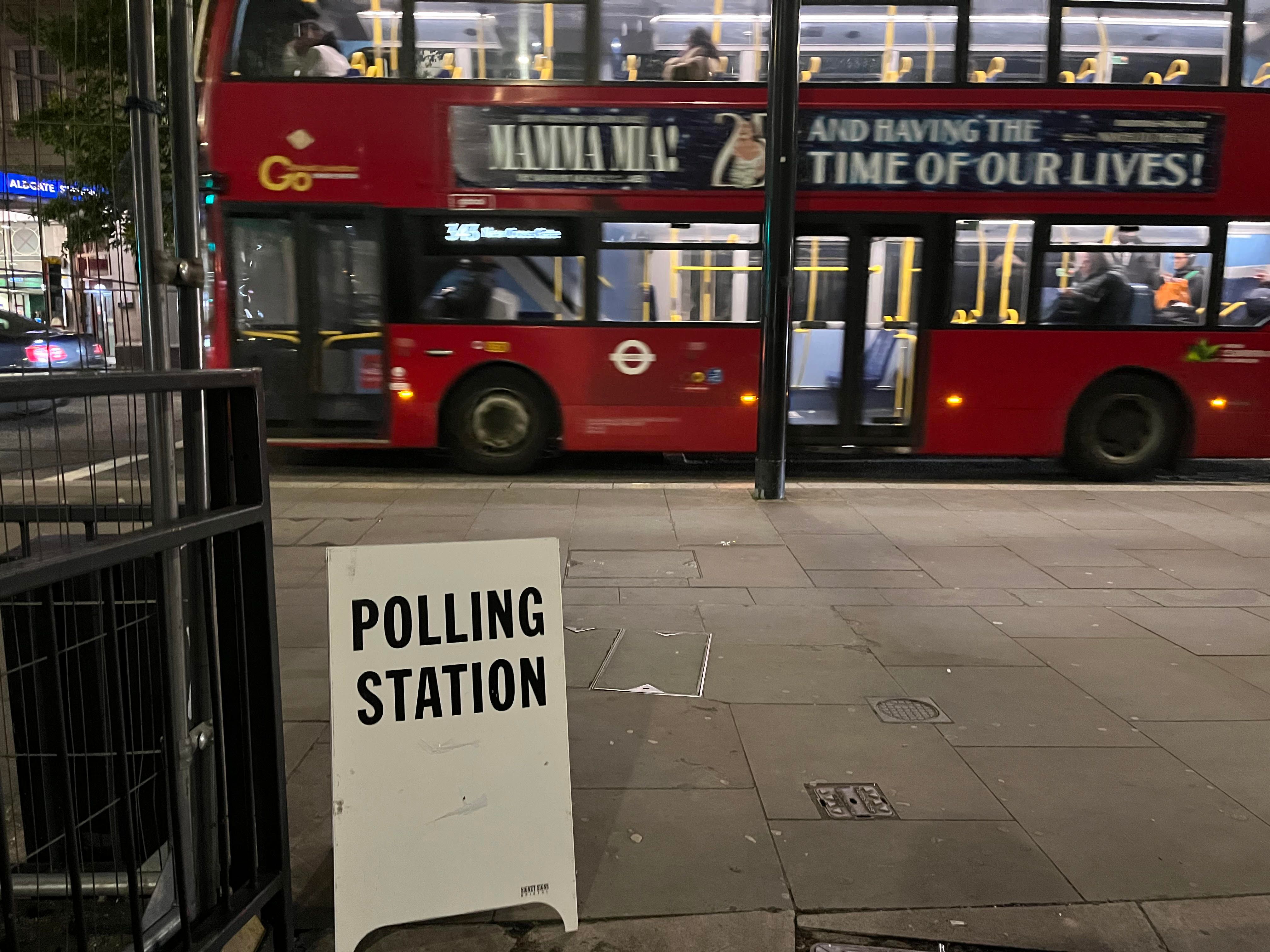
Does the May election bring Hope?
Historically in England and Wales, as a general rule, the local government elections happen every four years, with its date always falling at the start of May, before the recess, which is a summer break for MPs. At present, the Conservative Party has managed to be the ruling party in government for the past 14 years, despite only succeeding to gain majority seats almost 5 years ago, in the 2019 general election.
Continue reading 8 mins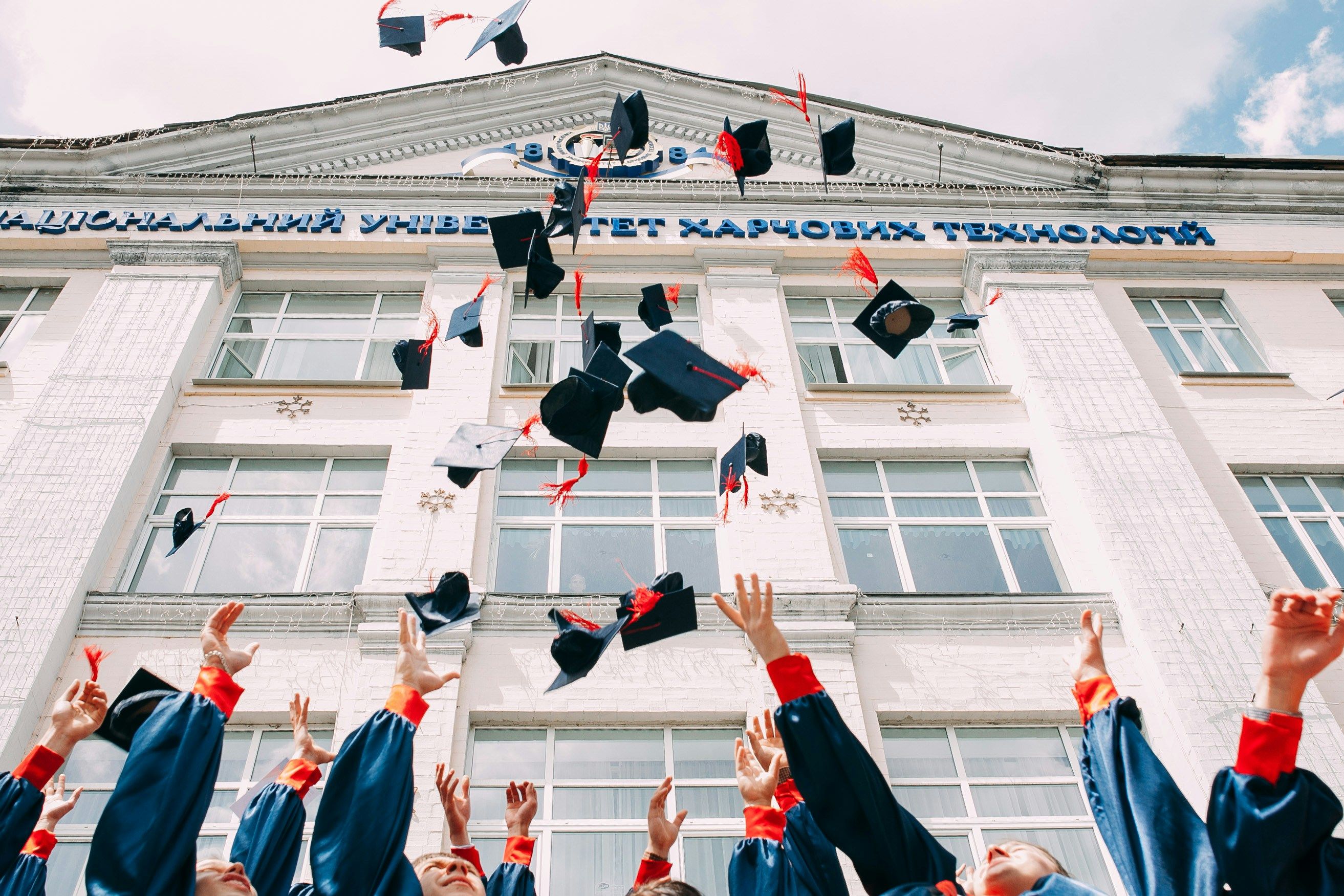
To What Degree Does It Matter?
In this blog, Chris shares her worries that higher education does not offer equal opportunities for all school leavers…
Continue reading 9 mins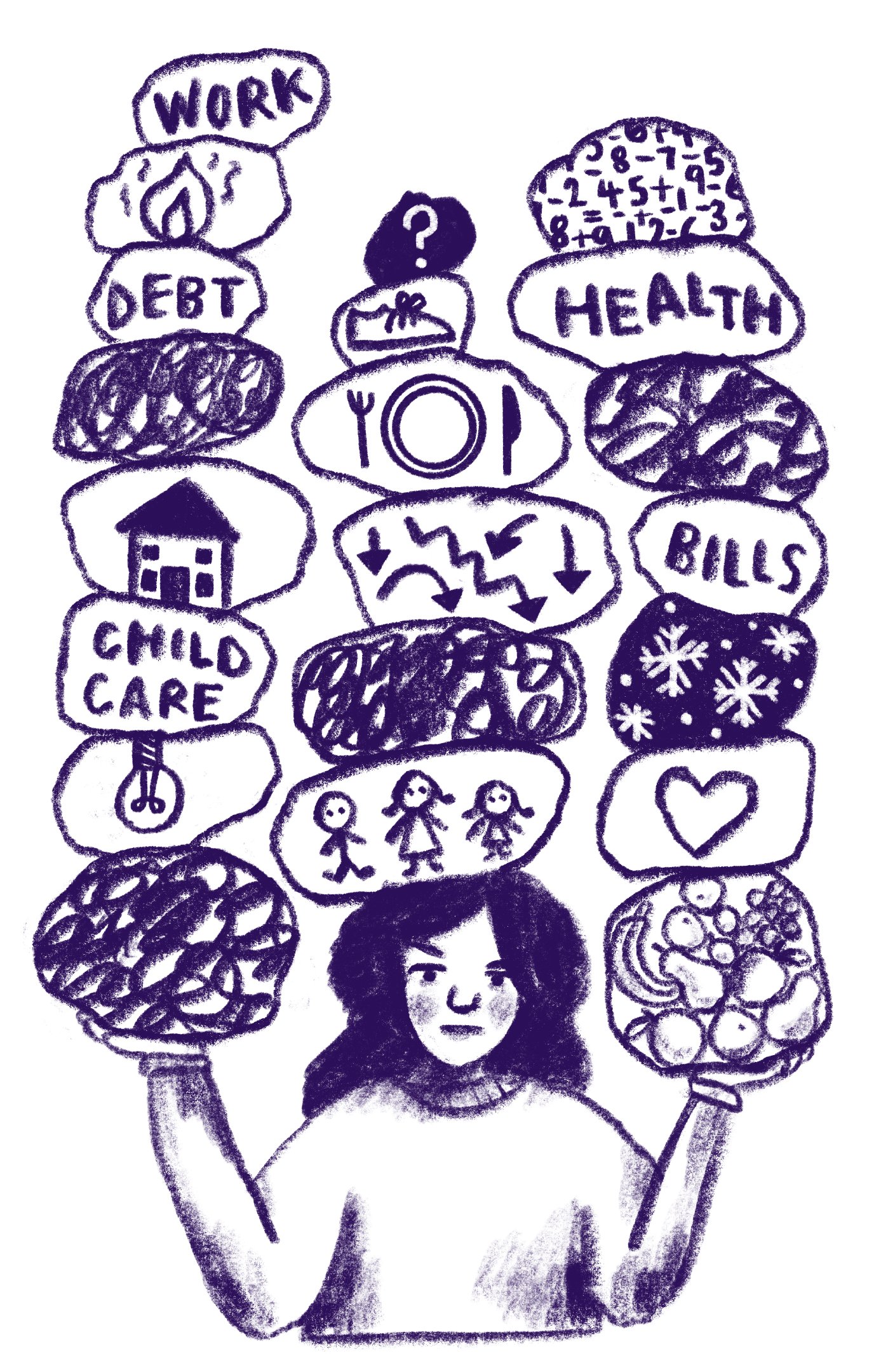
The Perils of Parenting Solo
Ever tried raising children? Spare a thought and give applause to those brave individuals who do it alone, often without a safety net to fall back on.
Continue reading 19 mins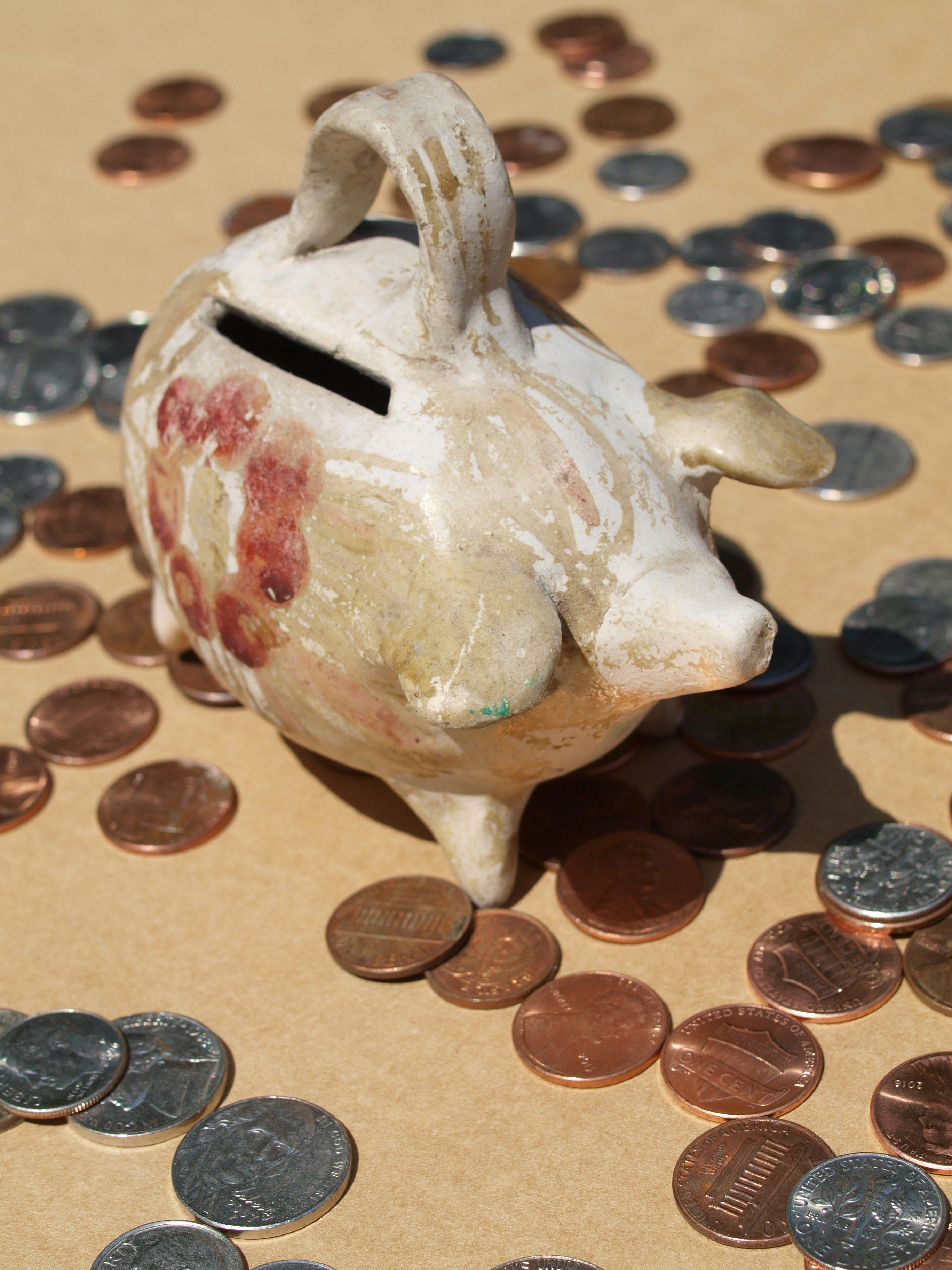
'Not a single penny of help'
On Wednesday the Chancellor announced the Spring Budget for 2024. As a single parent living on legacy benefits, there is not a single penny of help for my situation that was announced yesterday, probably also not for many other people, or families, in similar situations.
Continue reading 5 mins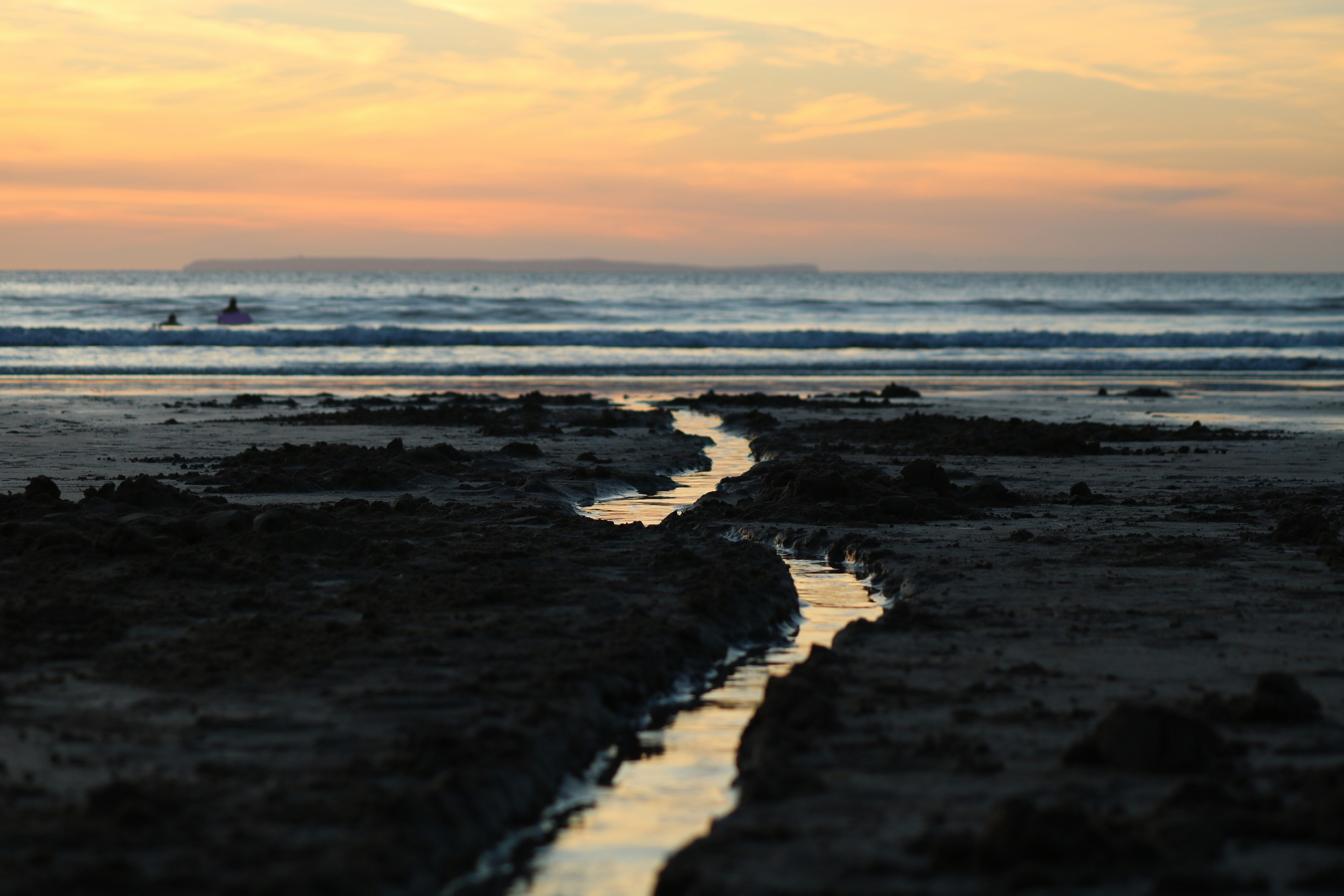
“From a stream of small voices to a resounding big sea”
I joined Changing Realities (then called Covid Realities) approximately 9 months post-pandemic, when there was still a degree of uncertainty about how much longer COVID-19 was going to form part of our everyday lives.
Continue reading 6 mins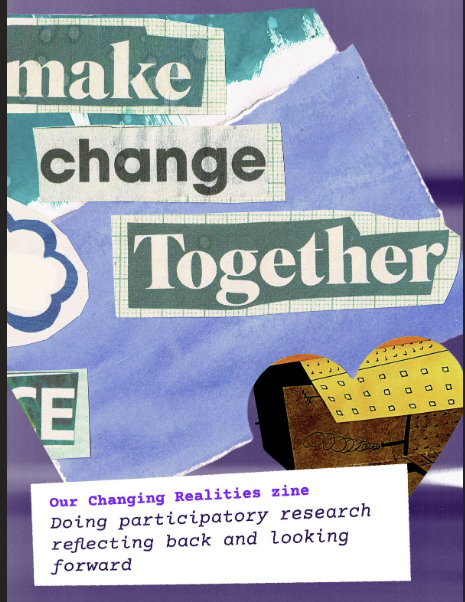
"Doing participatory research – reflecting back and looking forward"
On February 22nd, we launched our newest zine entitled "Doing Participatory Research – Reflecting Back and Looking Forward". Changing Realities participants Mahabuba, Joe, and Victoria discussed their experiences and viewpoints on the process of creating this zine as part of participatory research during the launch event. In this blog, we present their insights and reflections.
Continue reading 11 mins
The financial tipping point of January
As we step into February, it’s worth reflecting on the hurdles that often make the month of January feel like an uphill journey. January has always been a notoriously difficult financial month, as the remnants of Christmas and the need to please people lingers among many families. Those on low incomes will try hard to reign in their expenses, but the truth is that many have already reached a breaking point and the financial recovery from 2023 feels like a long and impossible road. Pressure to purchase presents, cards, attend events, to feed more family members and the hike in supermarket prices and strategic ‘offers’ all play a major factor in understanding why December is considered such a difficult month. The cost-of-living crisis may have slipped out of the headlines, but it is certainly not over, and the fight to recover is hard. Research supports this theory, as a report published by the Joseph Rowntree foundation in January 2024 discovers 6 million people living in deep poverty would need to more than double their incomes to move out of poverty. Even those in full time employment suffered during the festive period, as Precious D (Changing Realities participant) explains:
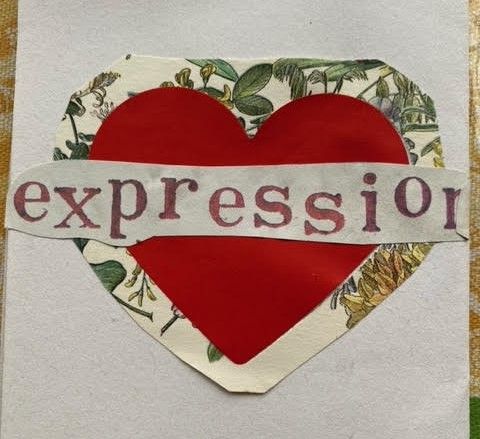
Imagining Different and Better Futures
I received an invite to attend a creative workshop in November at City Library in Bradford. This sounded like an interesting activity to get my creative skills into action and meet other Changing Realities participants. For me, this was a good opportunity to get away from the normal routine and talk to others while all working together toward the same cause.
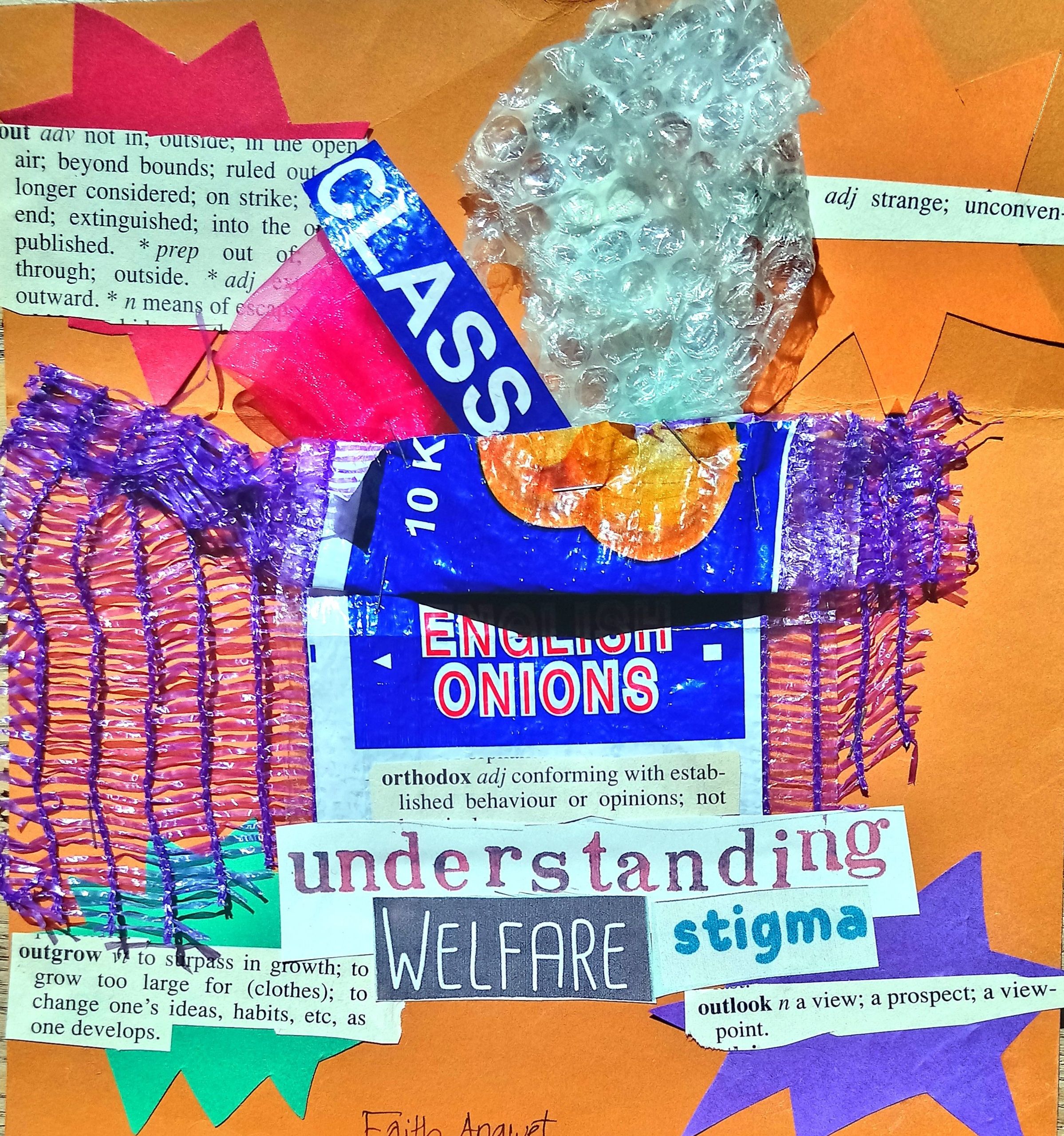
Circus Statement
I listened to the Autumn Statement and felt a bit numb halfway through. I was happy to find out that UC will be uprated in line with the September 2023 interest rate of 6.7% (but wasn’t this the very least we could expect?). I heard the Chancellor say that the triple lock on pensions would remain and that too, felt like news I should celebrate, but…. During the fifty odd minutes it took to read the statement, I ran the gamut of emotions from relief, to rage and everything in between, by the end all I had left was a question: is that it?
Continue reading 6 mins
"Systemic failure to show the reality we live in"
In the following blog, Libby N, a mother to two young children who is not currently in paid employment, shares her response to the Chancellor's Autumn Statement.
Continue reading 6 mins
"All nonsensical to me"
In the following blog, Beverly W a Changing Realities parent who is unable to work due to a chronic pain condition, shares their response to the Chancellor's Autumn Statement.
Continue reading 5 mins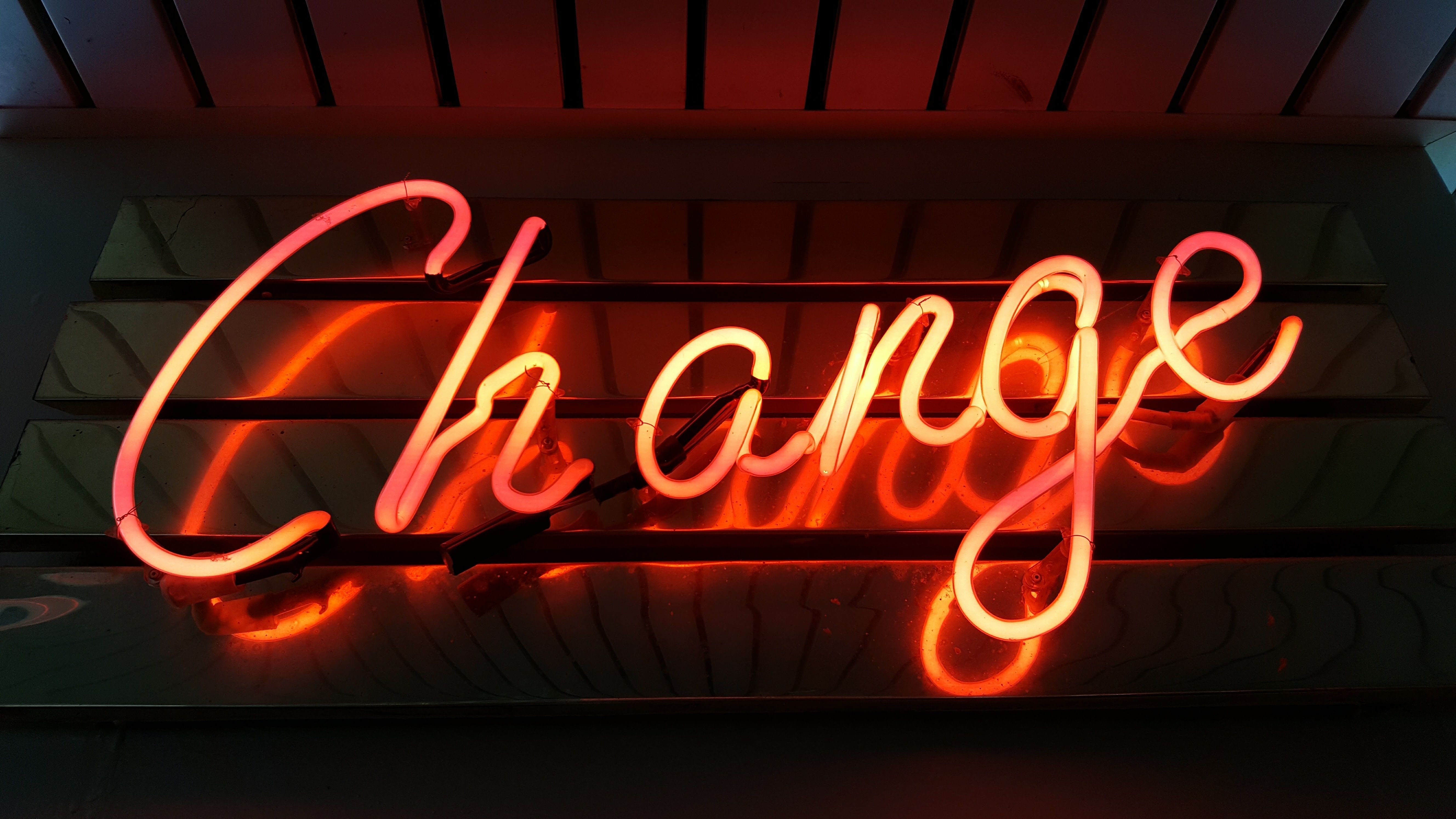
Meeting my MP
My name is Brian, I’m a single parent father with one daughter who is in full-time education, studying for her A-levels. I am in receipt of legacy benefits, consisting of Income related ESA, Housing Benefit and Child Benefit. I have no family to ask for help / support and receive no help of any kind from my ex-partner. I have been a participant in Changing Realities from the start, following on from Covid Realities.
Continue reading 7 mins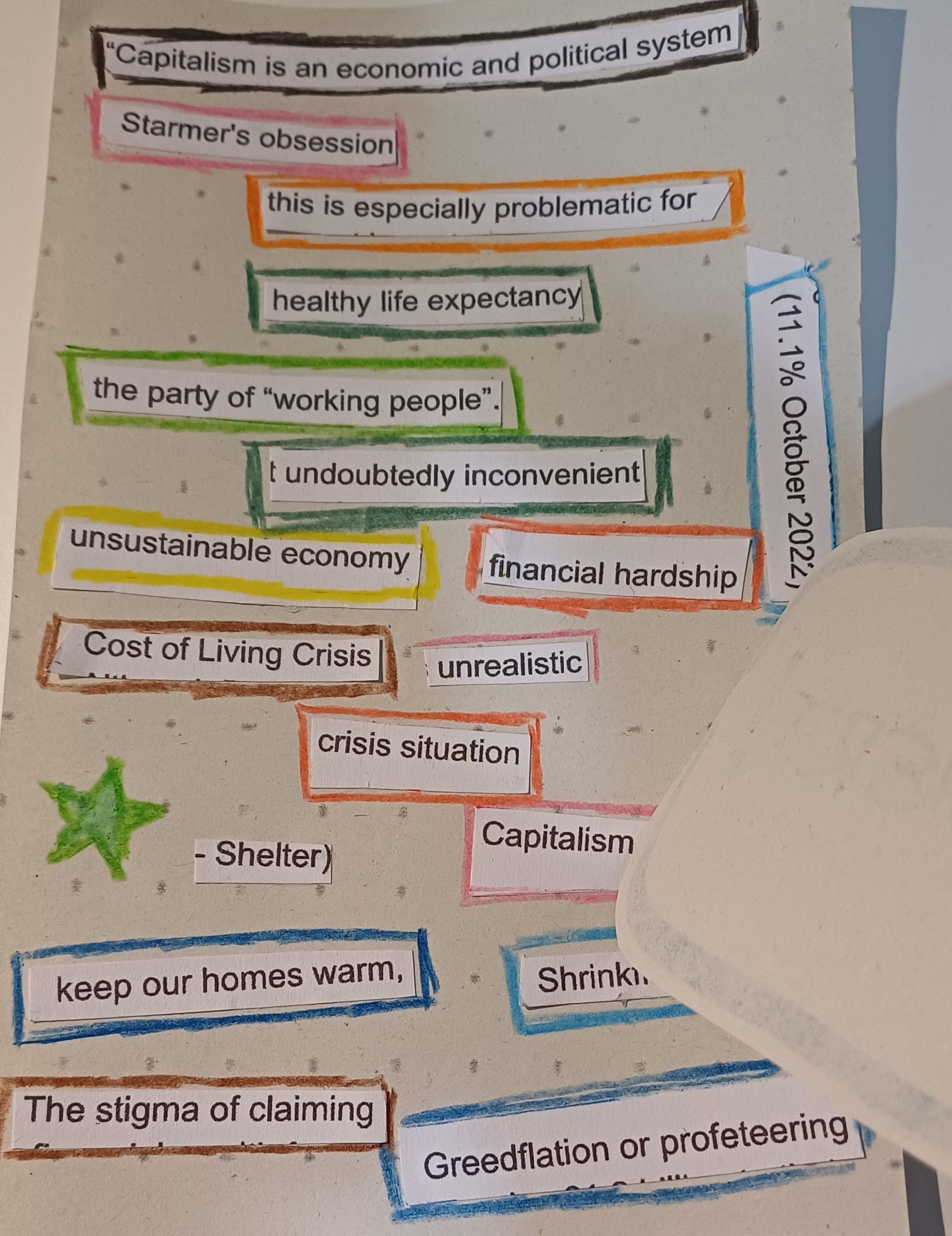
The Cost of Living Crisis is Here to Stay
Despite the spin politicians and mainstream media are feeding anyone desperate or delirious enough to pay any attention, the Cost of Living Crisis is not over, and for those of us on the lowest incomes in the UK, it is still worsening. I can’t see an end.
Continue reading 12 mins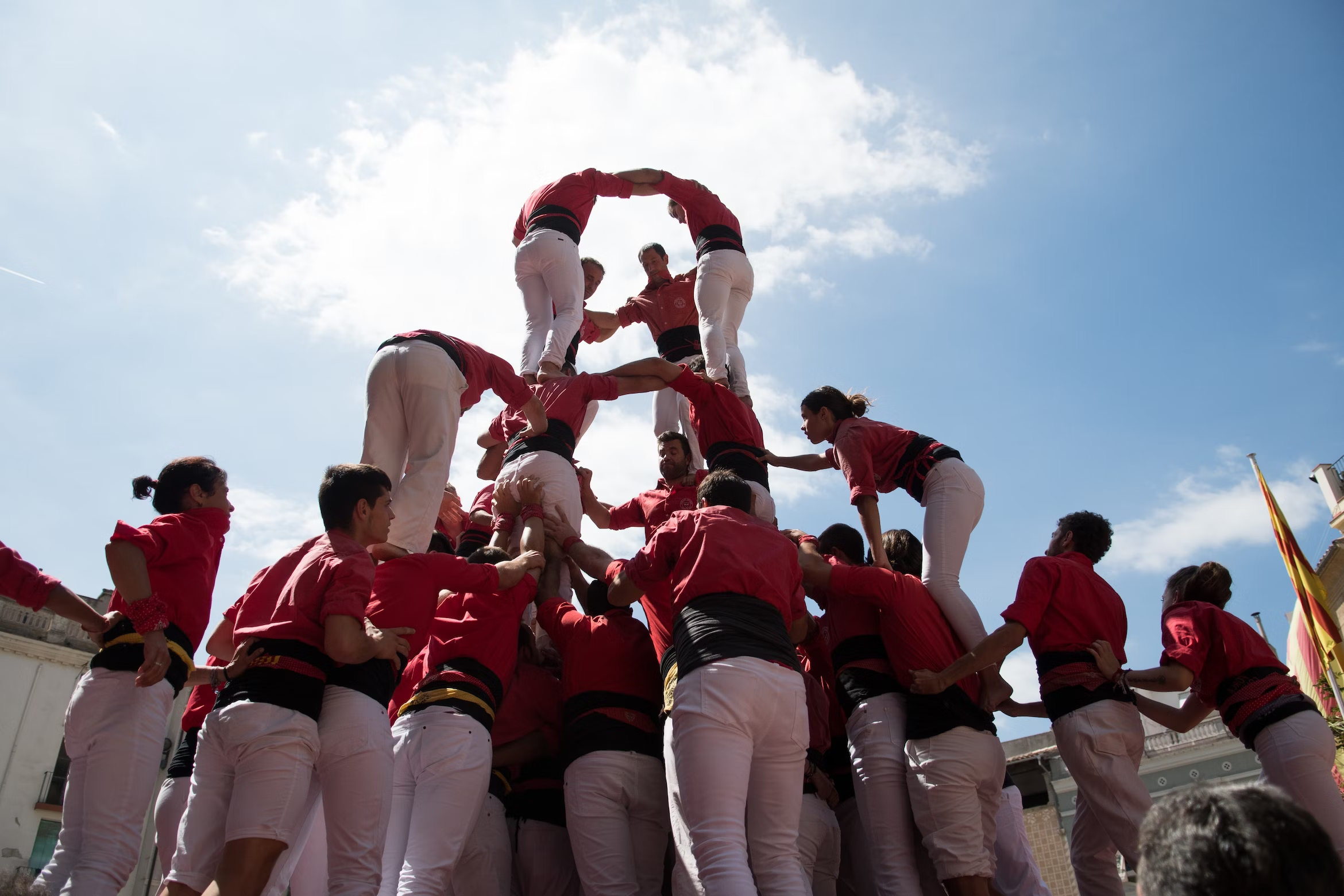
Speaking up for the marginalised
It’s been a busy time in the political world lately. If you haven’t seen in the news already, the Labour Party Conference (LPC) took place last week in Liverpool and as we live local to the venue, I was asked by the Changing Realities team whether I would mind speaking publicly about the project, my experiences and involvement in it. It seemed an exciting prospect, so I jumped at the chance to represent participants and be able to speak out on behalf of all low-income families as best I could. You can read my full speech here.
Continue reading 6 mins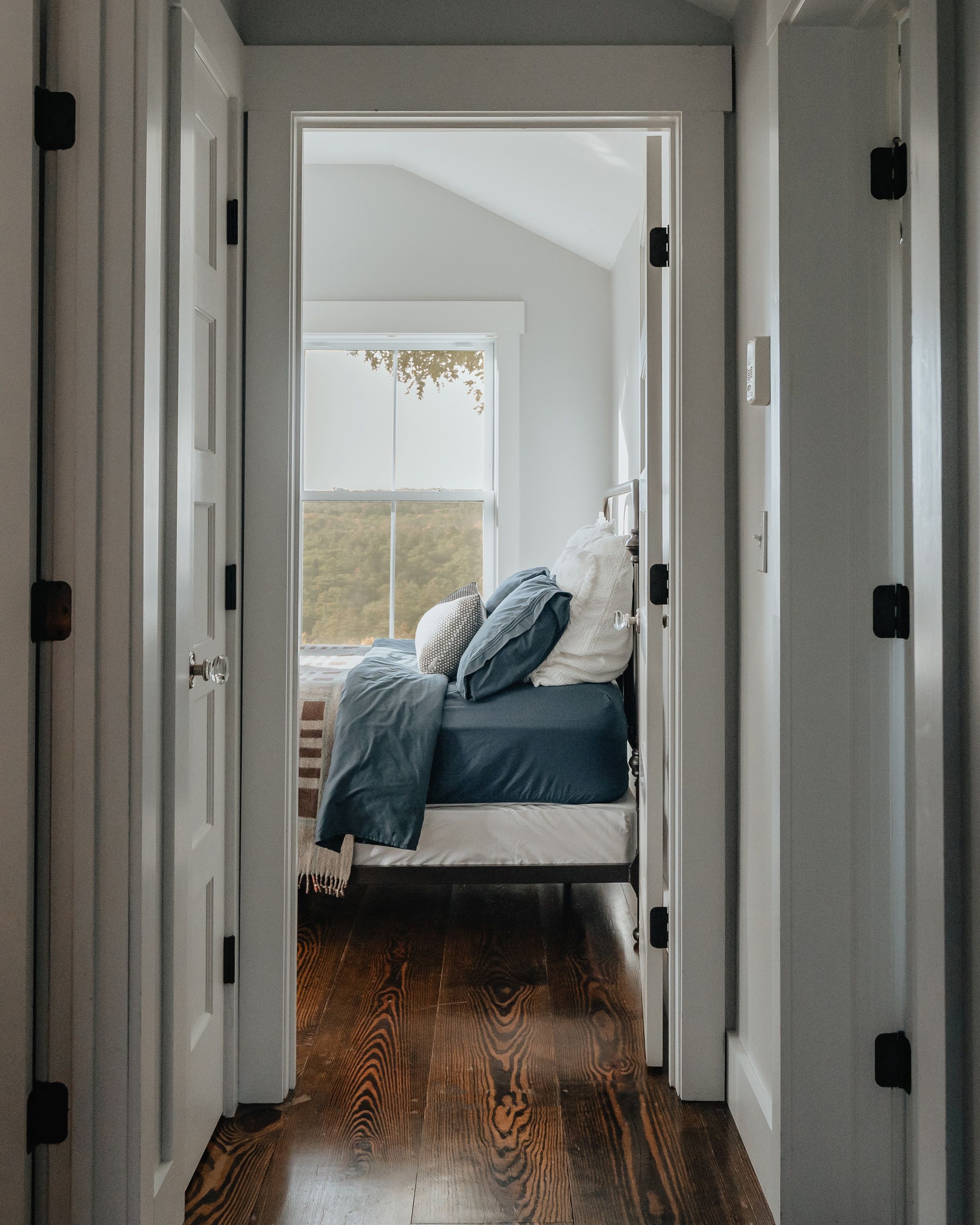
In the Face of Uncertain Futures
Far and wide across the country this October, locals like myself have joined forces with like-minded campaigning groups in the hopes of urging professional public bodies and policy makers on how to understand the sense of urgency of the cost-of-living crisis, which still looms. Regardless of the news articles that are being published about how things are getting back to normal, they truly are not. Inflation continues, as is evidenced in my local convenience store, where I am still able to spot household items still rising up by 5 pence or more.
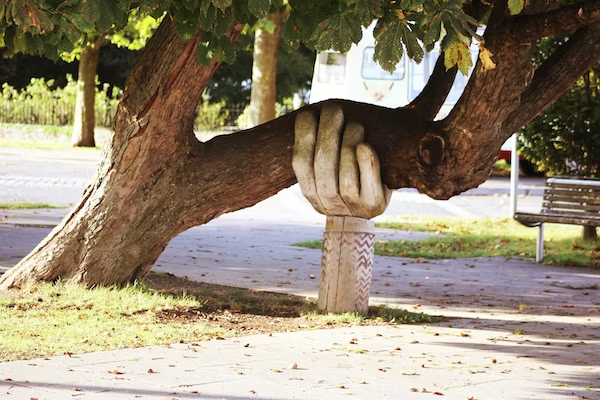
Why things can and must get better
Hi, my name is Jo Barker-Marsh, I am mum to a 14 year old boy with additional needs, I have been a participant on the Changing Realities project since the beginning. I was an audio visual producer in another time.
Continue reading 7 mins
A Hot Topic 🥵
During cold snaps, ‘Cold weather payments’ of £25 per week are issued to those on low incomes, where the temperature falls to below freezing for a set period of time. While these small contributions are gratefully received, and applied automatically to those on certain benefits, it is notable there is no equivalent payment when there is a heatwave.
Continue reading 5 mins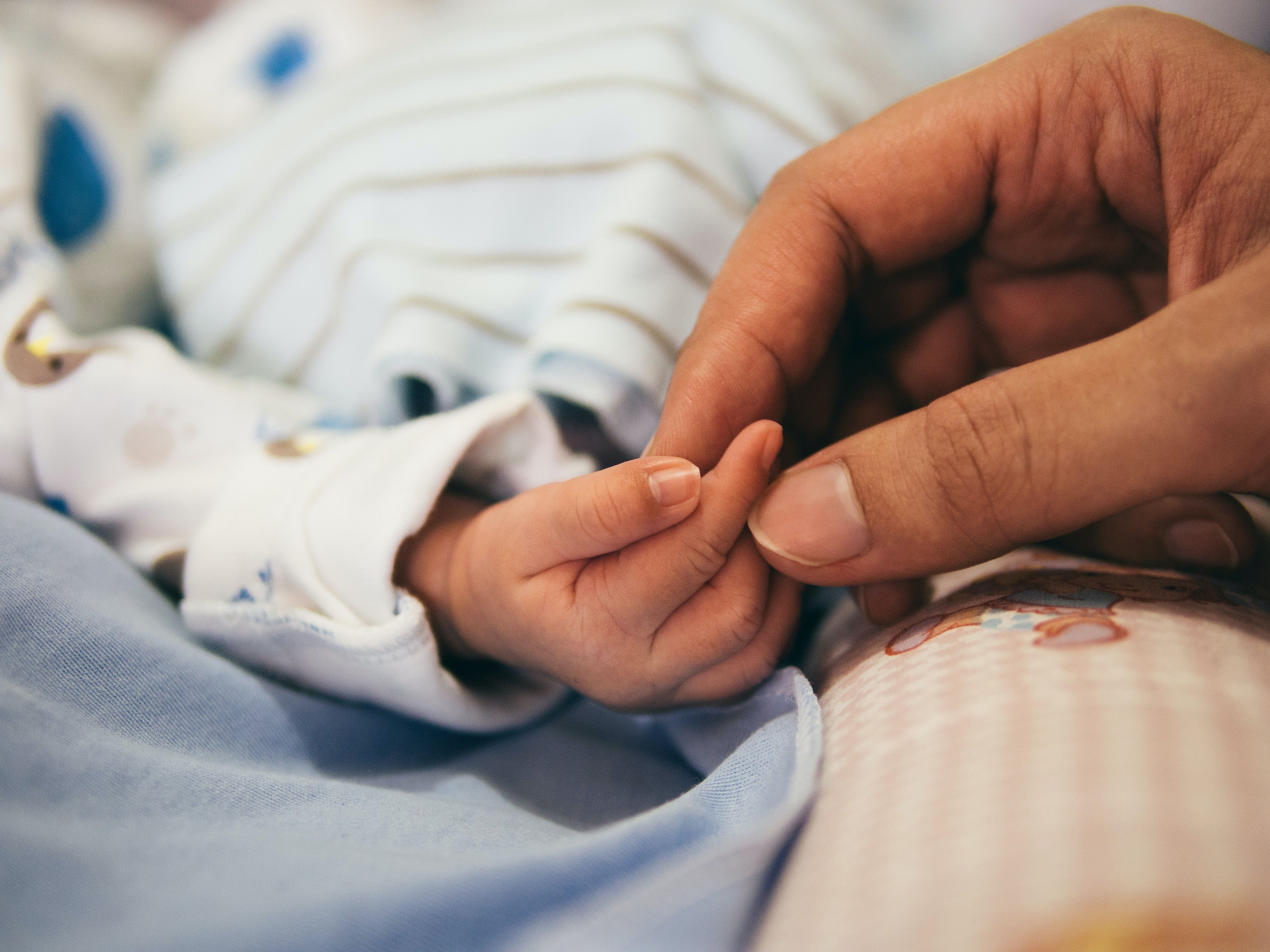
The unspoken penalty for the working carer
To be a carer was never something I envisioned for my life, but it was something which has changed me forever. Where I was once an inpatient, reactive person has subsequently been replaced with nurturing care and endearment for the small person I now look after on a daily basis. My daughter is an asset to me, she is the kindest and most loving 5 year old girl you will ever meet. Her condition is full on and can overwhelm our entire family dynamic.
Continue reading 4 mins
Experiences as an Asylum Seeker
I would like to take the opportunity to share some experiences of being in the asylum system with young children in the United Kingdom. I was not able to have a bank account at all while in the process of asylum. I wasn’t able to have a TV or have any pets. I wasn’t allowed to have a driving licence to drive. Random people from the Housing Management Services were able to enter my house without any permission or appointment, and they had access to locks with extra keys. There were occasions when my children were in the bathroom and got scared of someone entering the property without knocking. I couldn’t pursue my career as a Teacher – that’s what I had my degree in – because of not being allowed to work.
Continue reading 2 mins
Embracing Hope: Resolving the Struggles and Deprivation Faced by Refugees
In a world filled with uncertainty, turmoil, and conflict, the plight of refugees emerges as a poignant reminder of the fragility of our existence. The unimaginable struggles and experiences endured by these individuals seeking solace and safety in foreign lands compel us to reflect on their deprivation and ponder over potential solutions. As I delve into the multifaceted issue of refugee crises, join me on this journey of empathy and understanding, as we explore approaches to resolving the challenges they face.
Continue reading 6 mins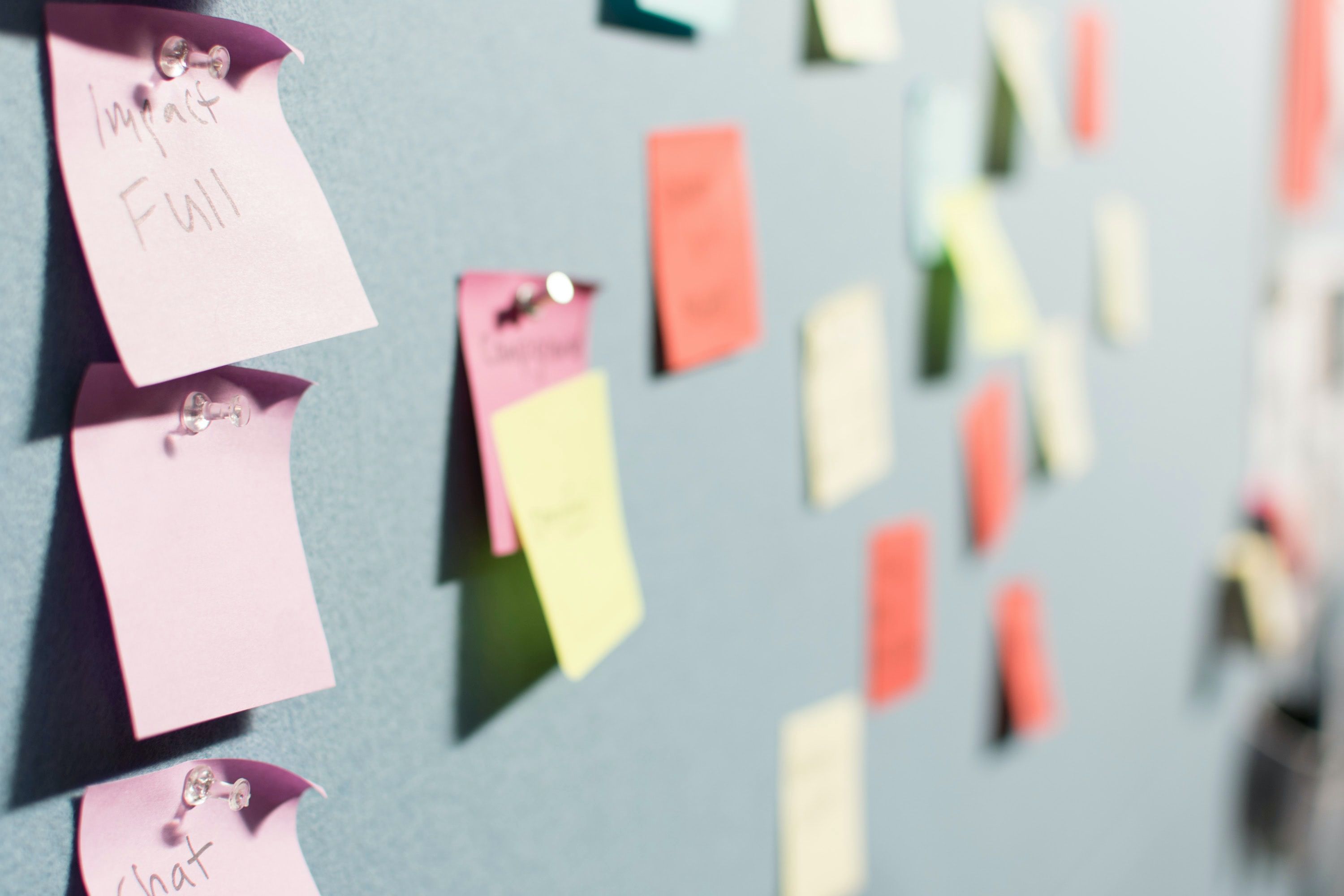
Should it be illegal for an employer to deny a childcare request if it stops someone starting a job?
I have been a single parent of two children, and have been on Universal Credit for a number of years now.
Continue reading 7 mins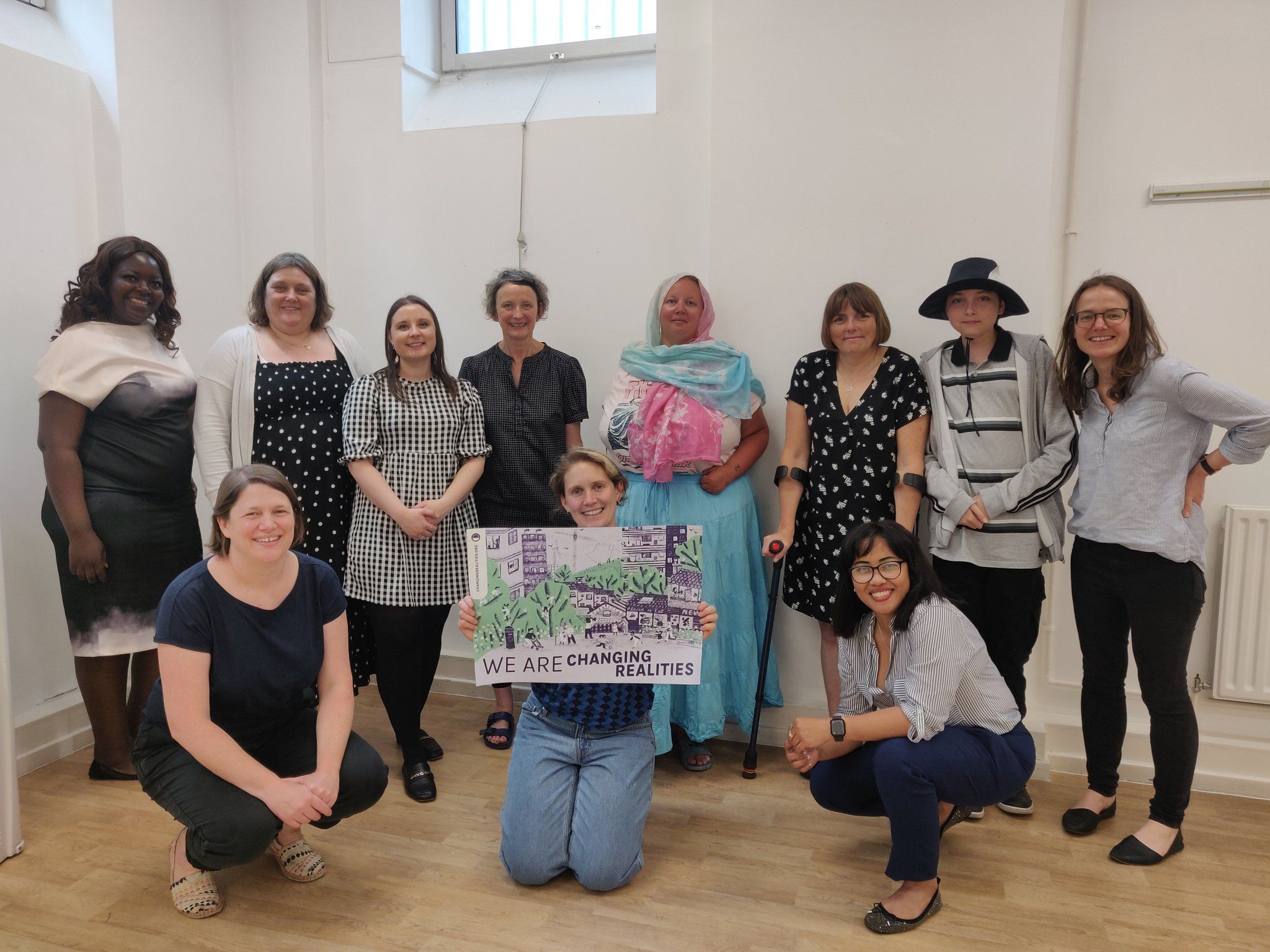
Why we pushed for change in Westminster and why I'll keep pushing
What follows is a collection of notes from Crystal's participation in the Changing Realities lobby day. This saw eight participants in the project come together with the research team and colleagues from Child Poverty Action Group to go to Westminster, to push for change and to meet MPs about why change to social security was so urgently needed.
Continue reading 8 mins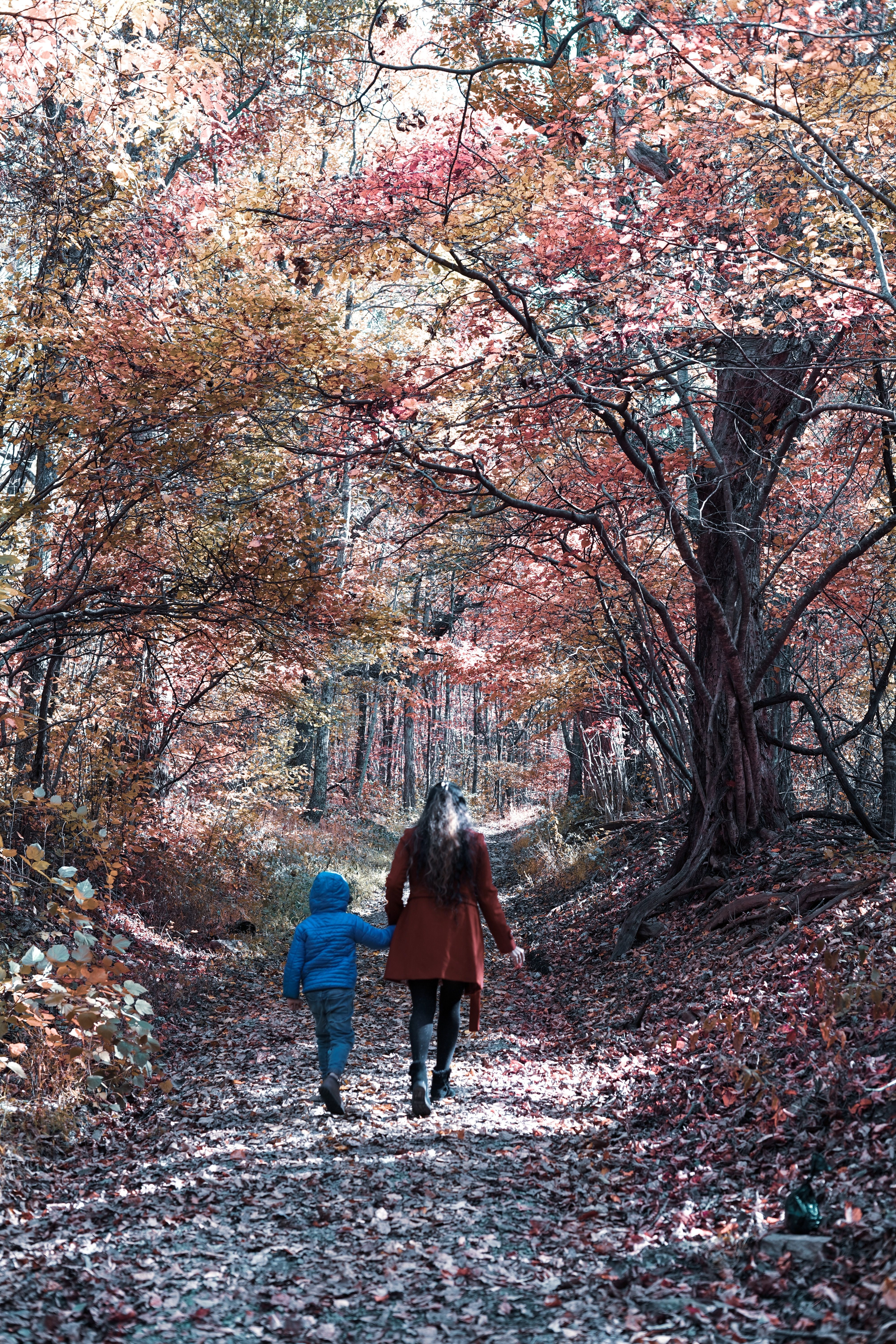
Life as a single parent: a blessing and an everyday struggle
I am a proud, blessed single mother to my lovely 12 year old son. I am also a keyworker, and have worked for the NHS since the start of the pandemic. On top of that, I also volunteer in my community, and as a trustee for Gingerbread, a charity that provides advice and support to single parents across the UK.
Continue reading 6 mins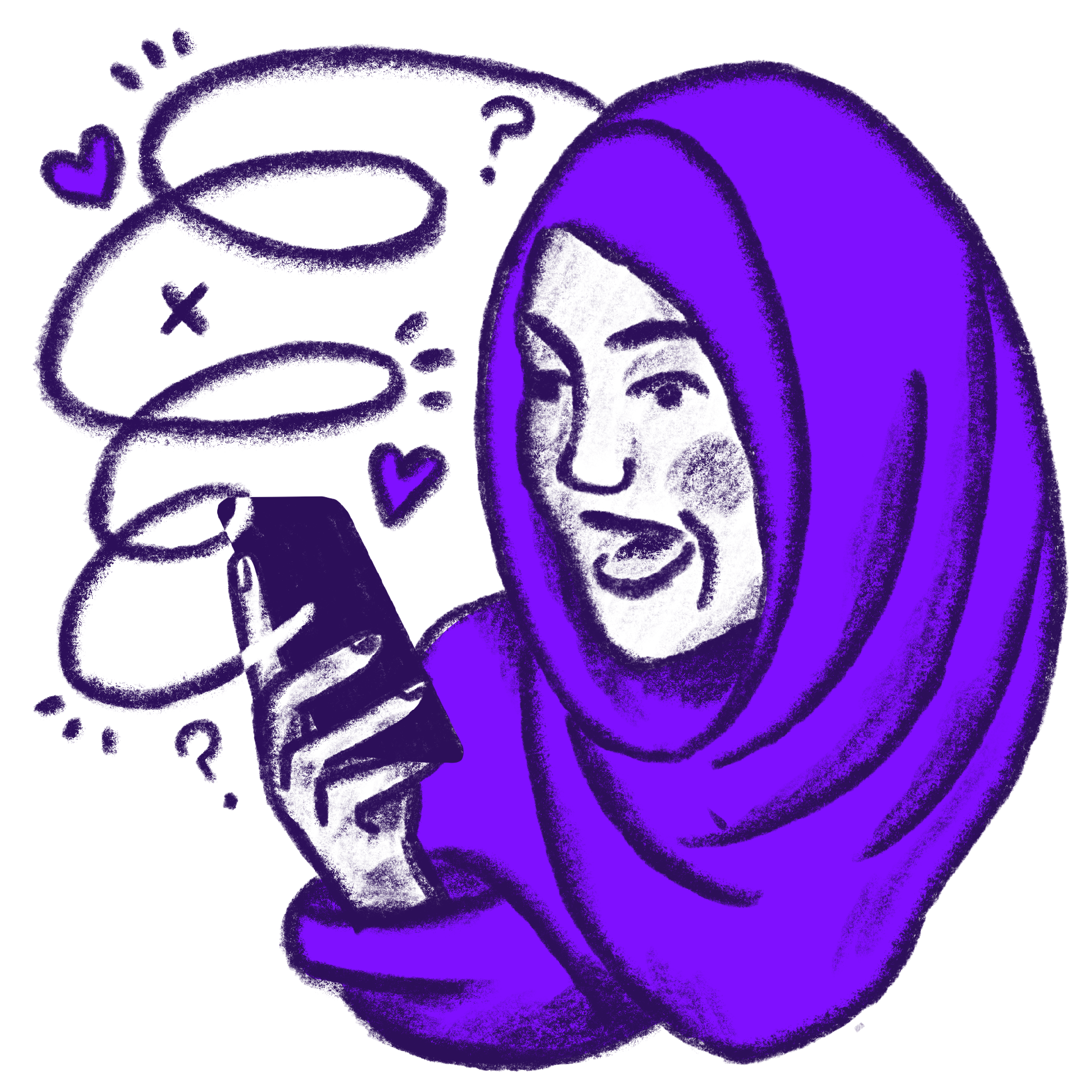
‘It almost felt like I was in a “job machine”’
It almost felt like I was in a “job machine” where they would just churn out jobs they thought I could apply for even though I have an area of expertise which they disregarded. It’s very hard to maintain a level of respect for the job centre when from the get-go you are made to feel inadequate. (Mollie U)Continue reading 14 mins

‘Let down by the system’: Barriers to work after long-term unemployment
In this blog Changing Realities participant Dotty G, a lone parent of two children, shares her attempts to re-enter the workforce and sheds light on the challenges of long-term unemployment and the industry-specific gaps in skills and training that she encountered along the way.
Continue reading 7 mins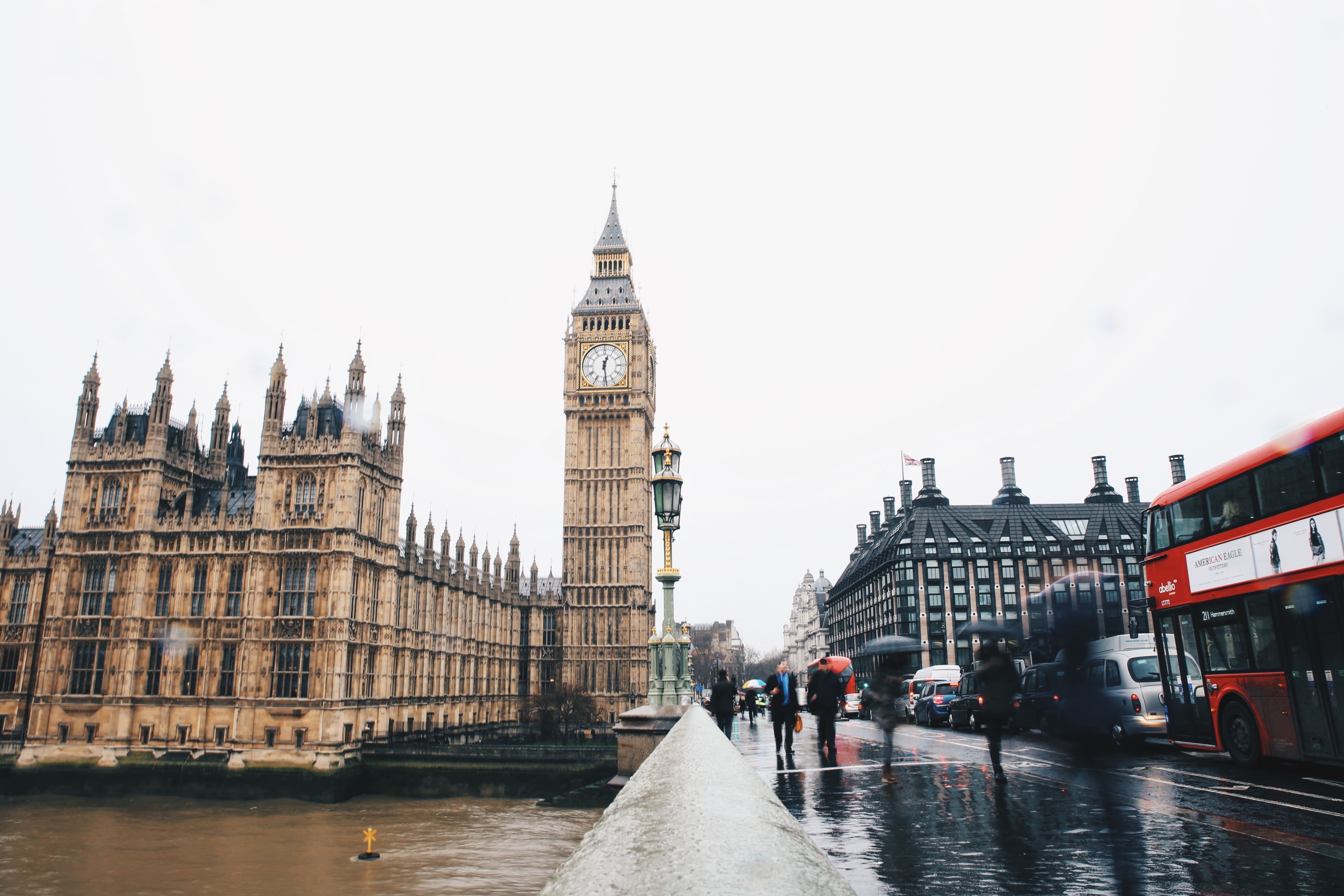
Changing Realities Lobby Day: June 2023
On the 28th June, 8 Changing Realities participants from across the UK came to Westminster to participate in a Lobby Day. In this blog, CR participant Brian shares his experience of attending.
Continue reading 9 mins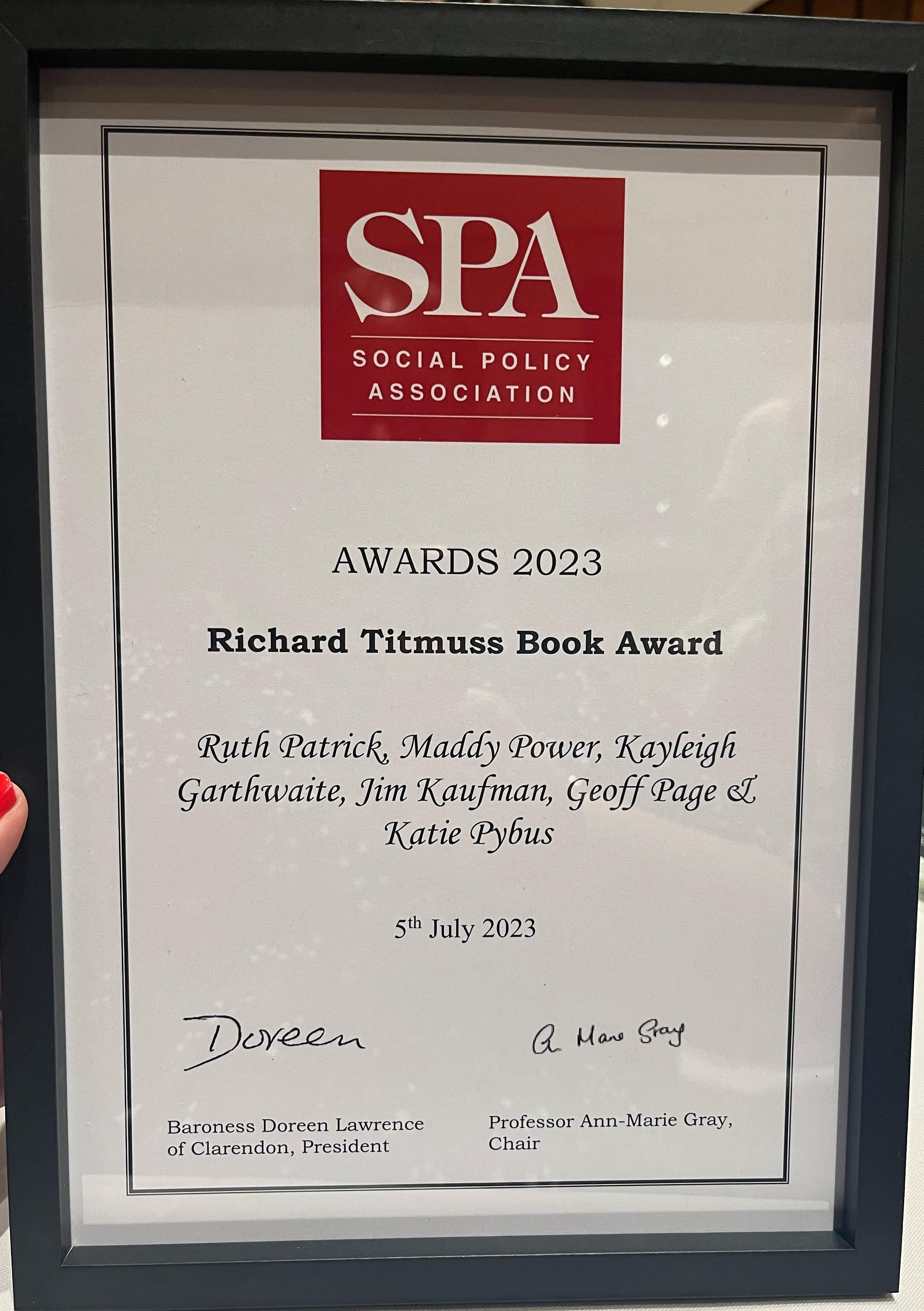
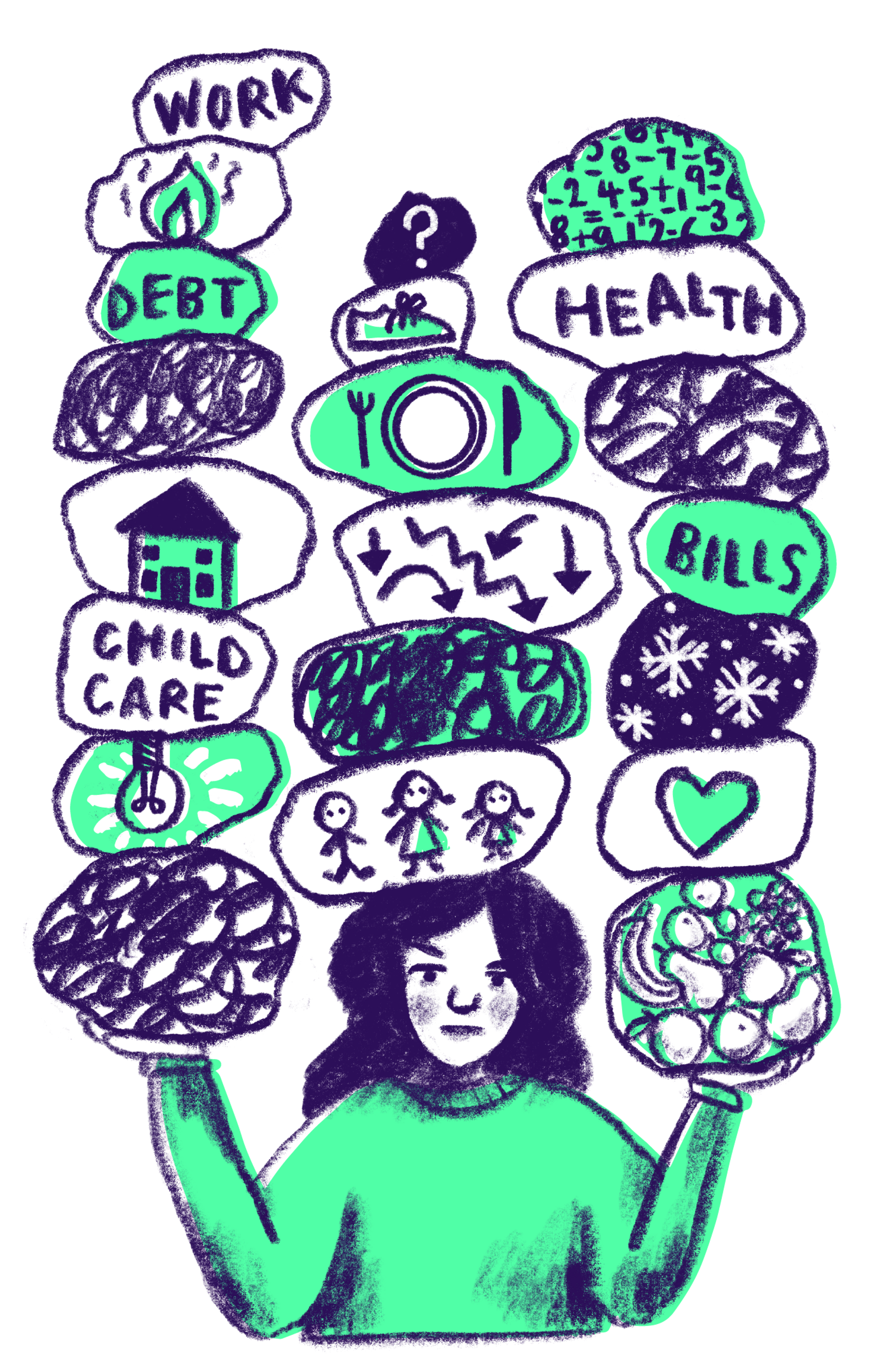
The DWP’s conditions when claiming certain Benefits do not make sense
After two years of fighting to have my disability recognised by the DWP, having been rejected several times for Personal Independence Payments (PIP) in the past I was elated when I eventually won my case. This was following a Mandatory Reconsideration, when the DWP decided to award me the extra point I needed in order to qualify for the standard amount of PIP (you need a minimum of 8 points to be awarded the basic amount).
Continue reading 10 mins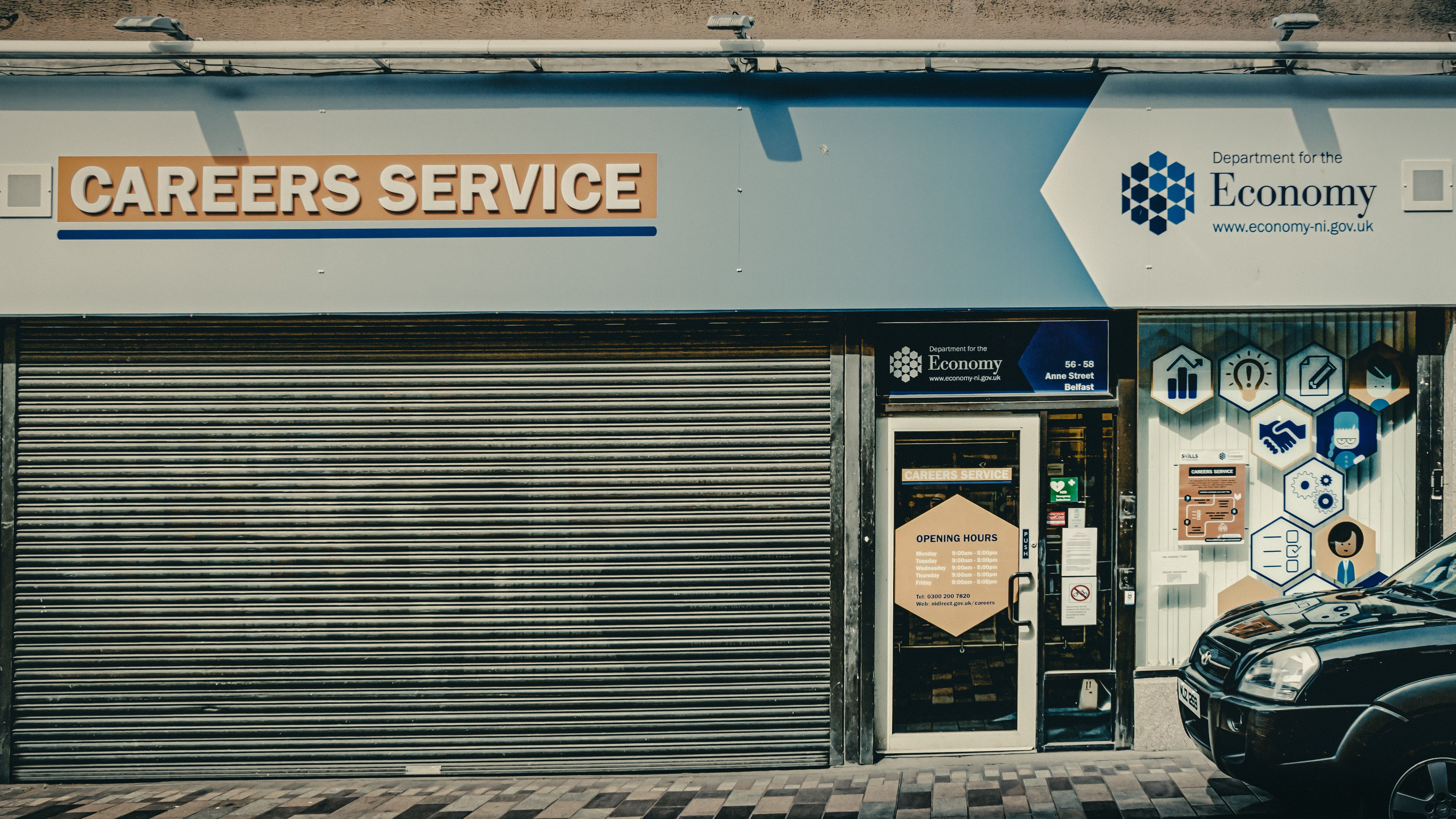
Surviving Unemployment During the Pandemic: My Frustrating Experience with the Benefit System
Sally R describes her personal experience of how unexpected circumstances can lead to crisis, and how the social security system is failing to support vulnerable people.
Continue reading 6 mins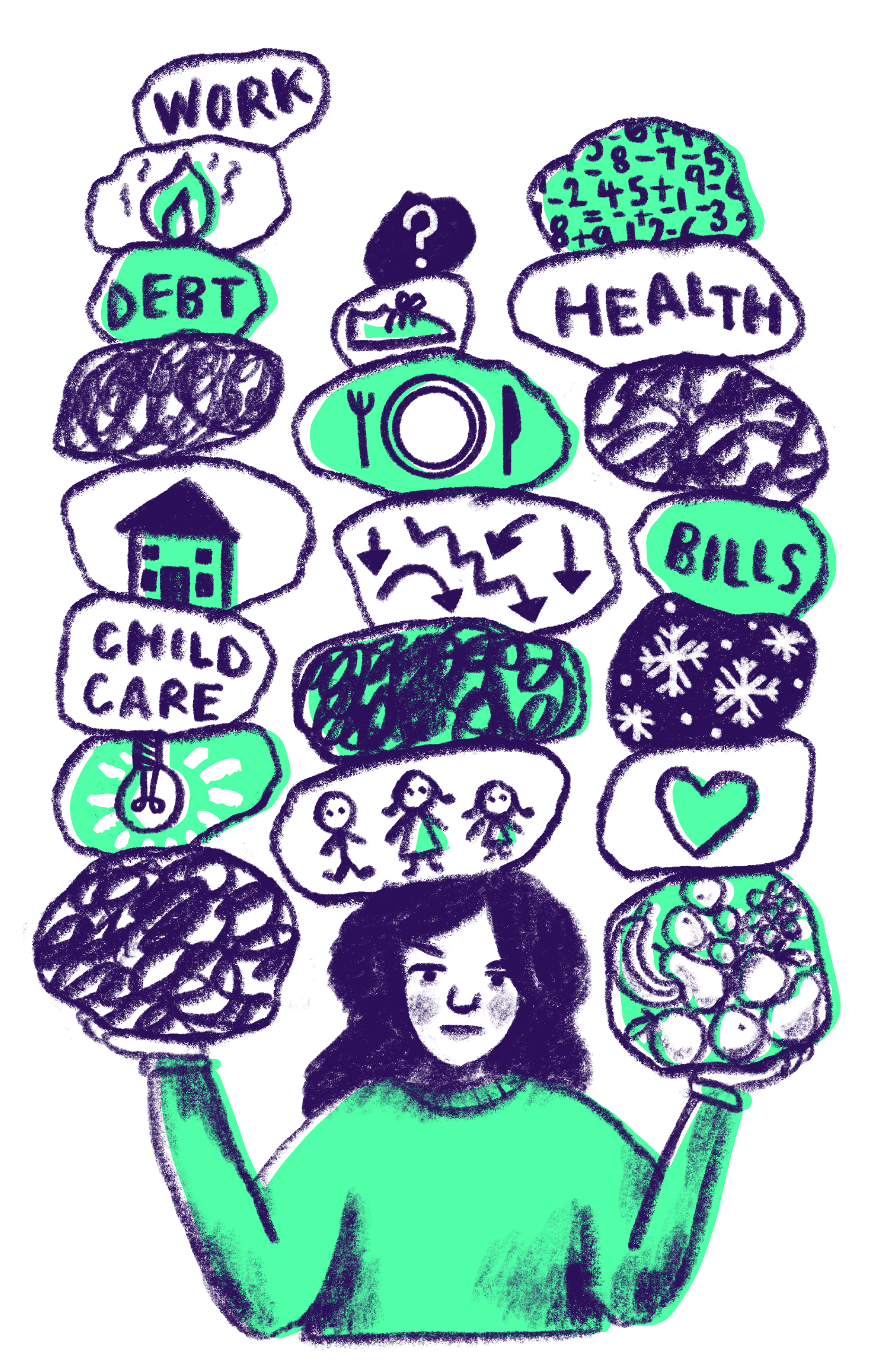
The Evidence is Clear
“My worst experience was signing on and my daughter who was 6 at the time was very poorly. I had nobody to help with childcare as she was absent from school. I called the job centre to explain the situation but they insisted if I did not sign on and comply with them, I would have my benefit sanctioned. It was hard work, carrying a 6 year old from the bus stop to the job centre. My daughter was running a temperature and drowsy. She cried throughout the time of interview/ signing on. … It's surreal as if having a child didn't matter and it was expected that I had parents to help out, and I had to explain they both passed away. I felt as if I was judged and I was embarrassed to be signing on.” – BessieContinue reading 8 mins
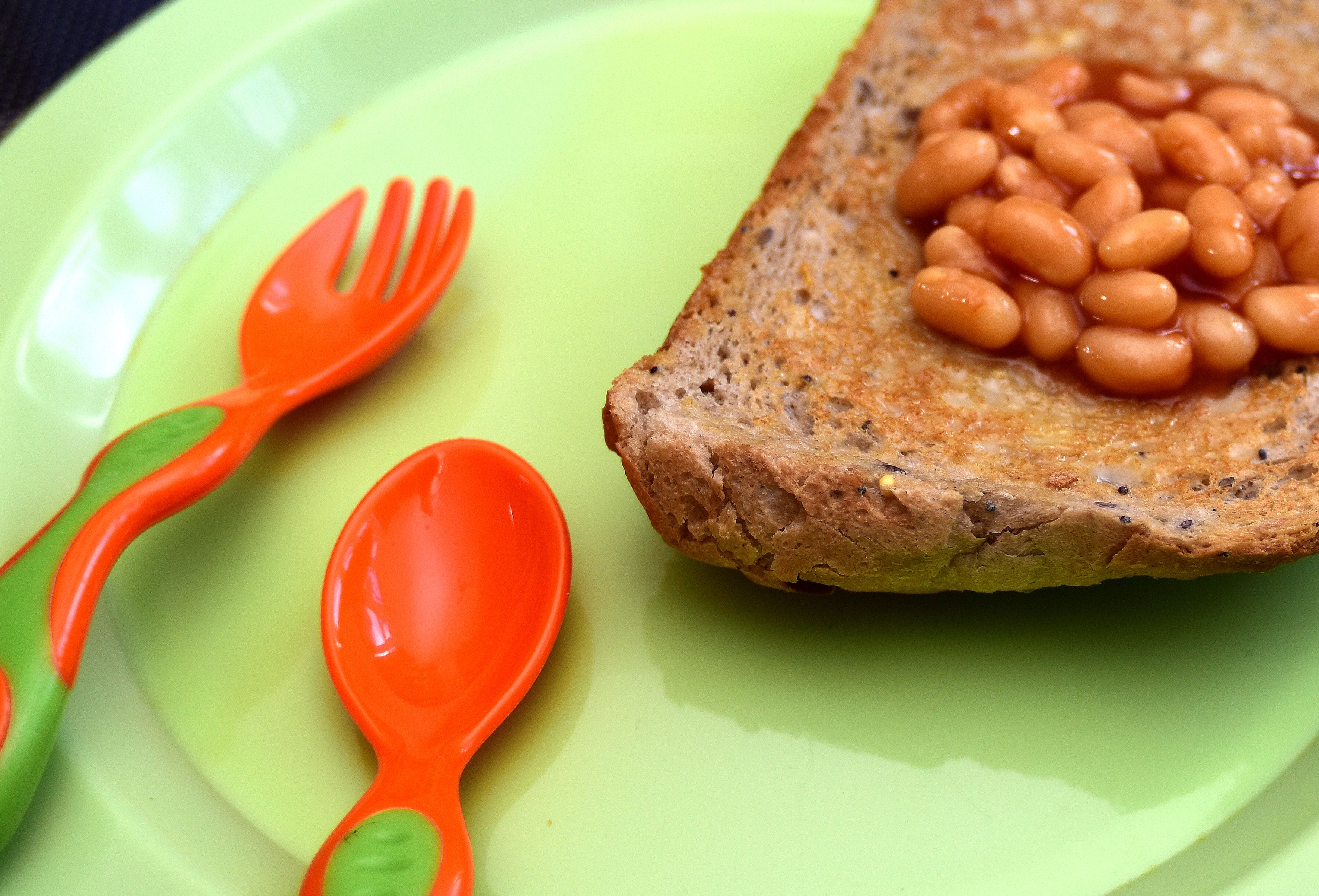
"Food is a basic need"
Following the recent announcement that all primary school children in London will be able to receive free school meals for the next year, Erik N writes about the importance of ensuring all children have access to free healthy and nutritious food at school.
Continue reading 4 mins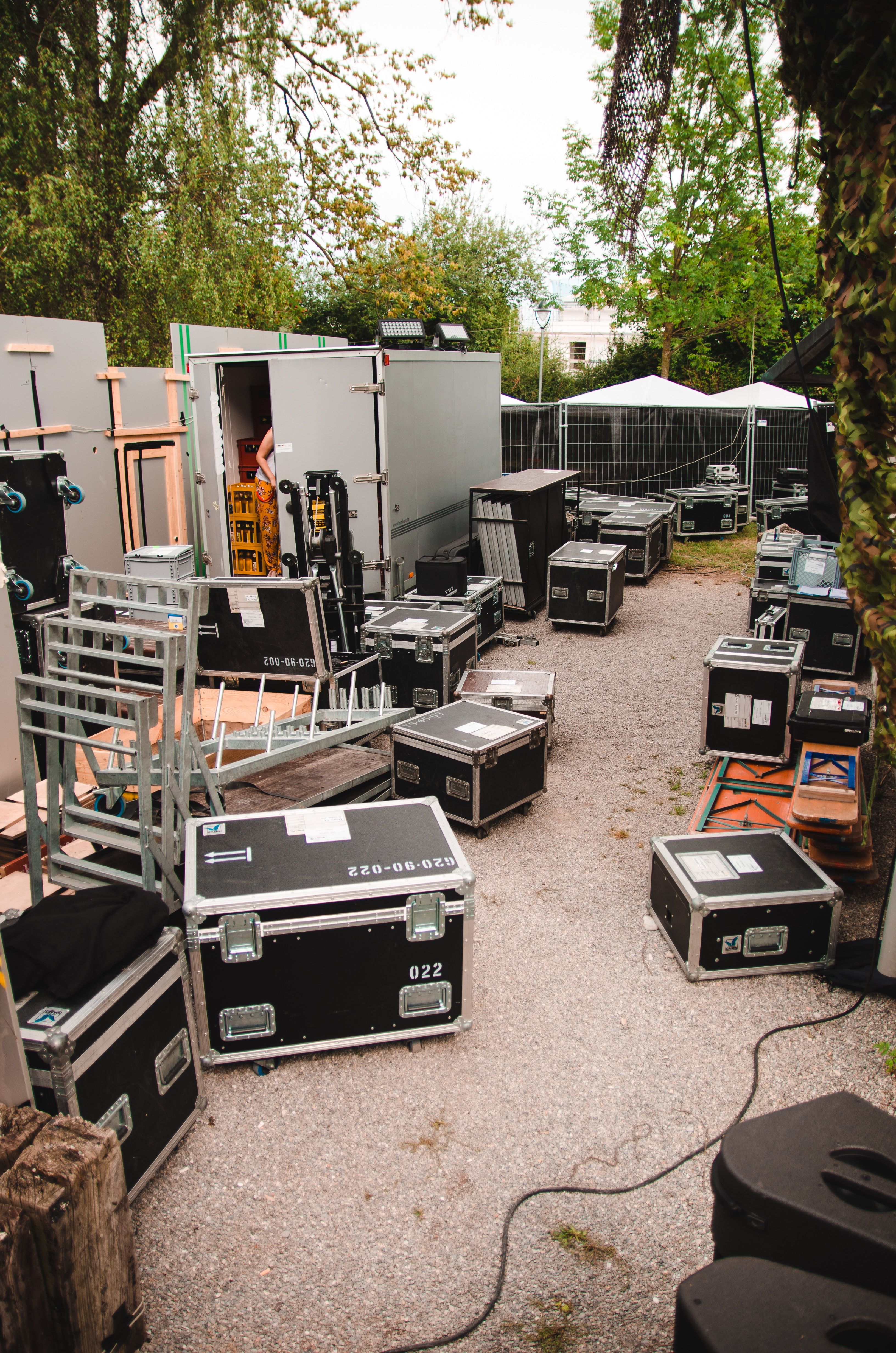
Behind the Scenes of Covid Realities and Changing Realities
For more than three years, we have worked with a parents and carers living on a low income, first as Covid Realities and now as Changing Realities, to document the realities of life on a low income with children and to set out what needs to change. You can read our book, our reports (here and here) and our blogs, check out our cool zines and listen to our audio recordings of conversations between parents and carers.
Continue reading 12 mins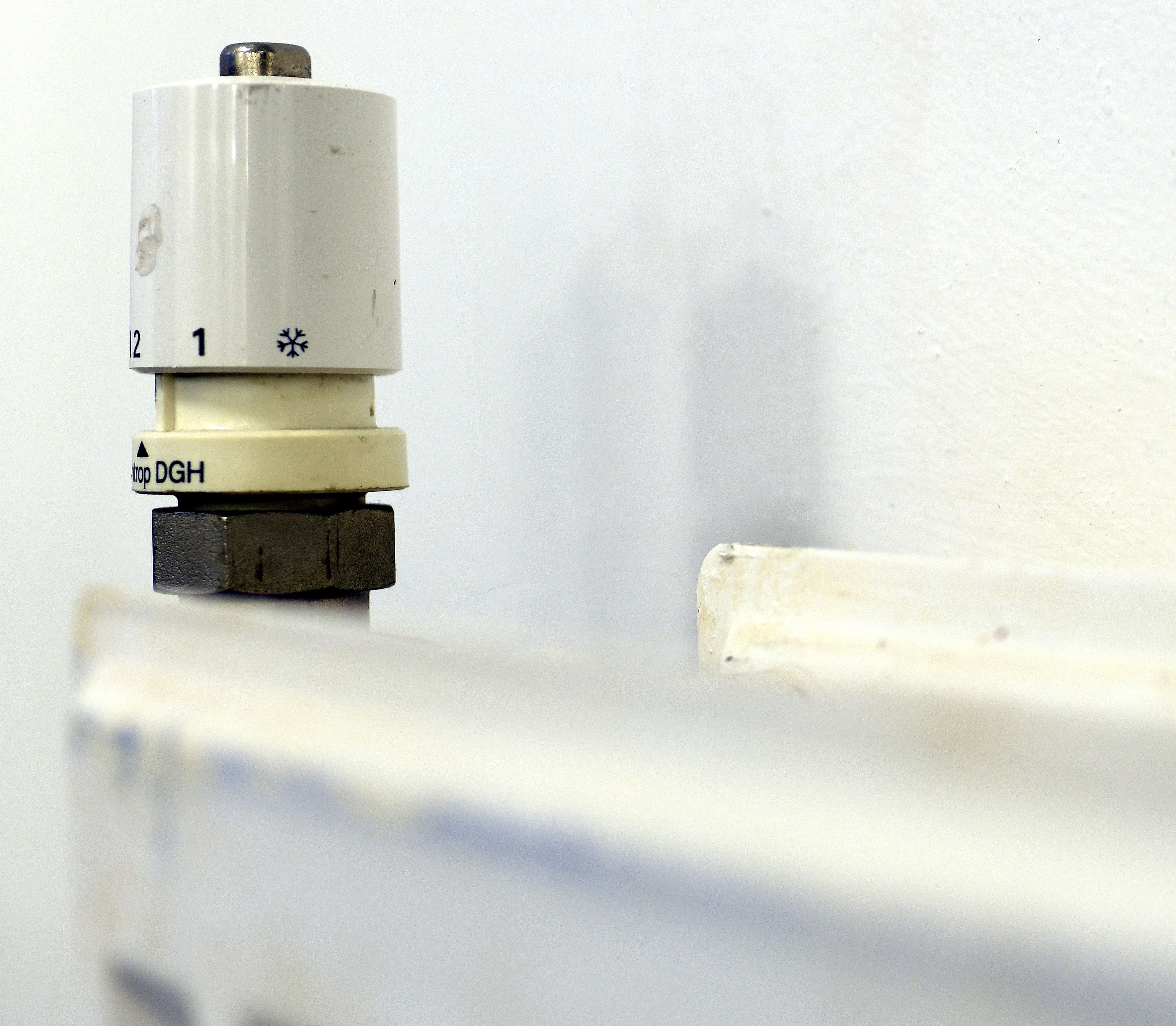
Keeping warm this winter
‘It’s not a choice between heating or eating because you can’t afford to do any. We’re lucky if we get one hot meal a week, me and my husband, because we insist on feeding the kids first because that’s what you do as a parent. Where does it stop? What else do we cut out of our lives - just to keep your kids fed?’Continue reading 8 mins
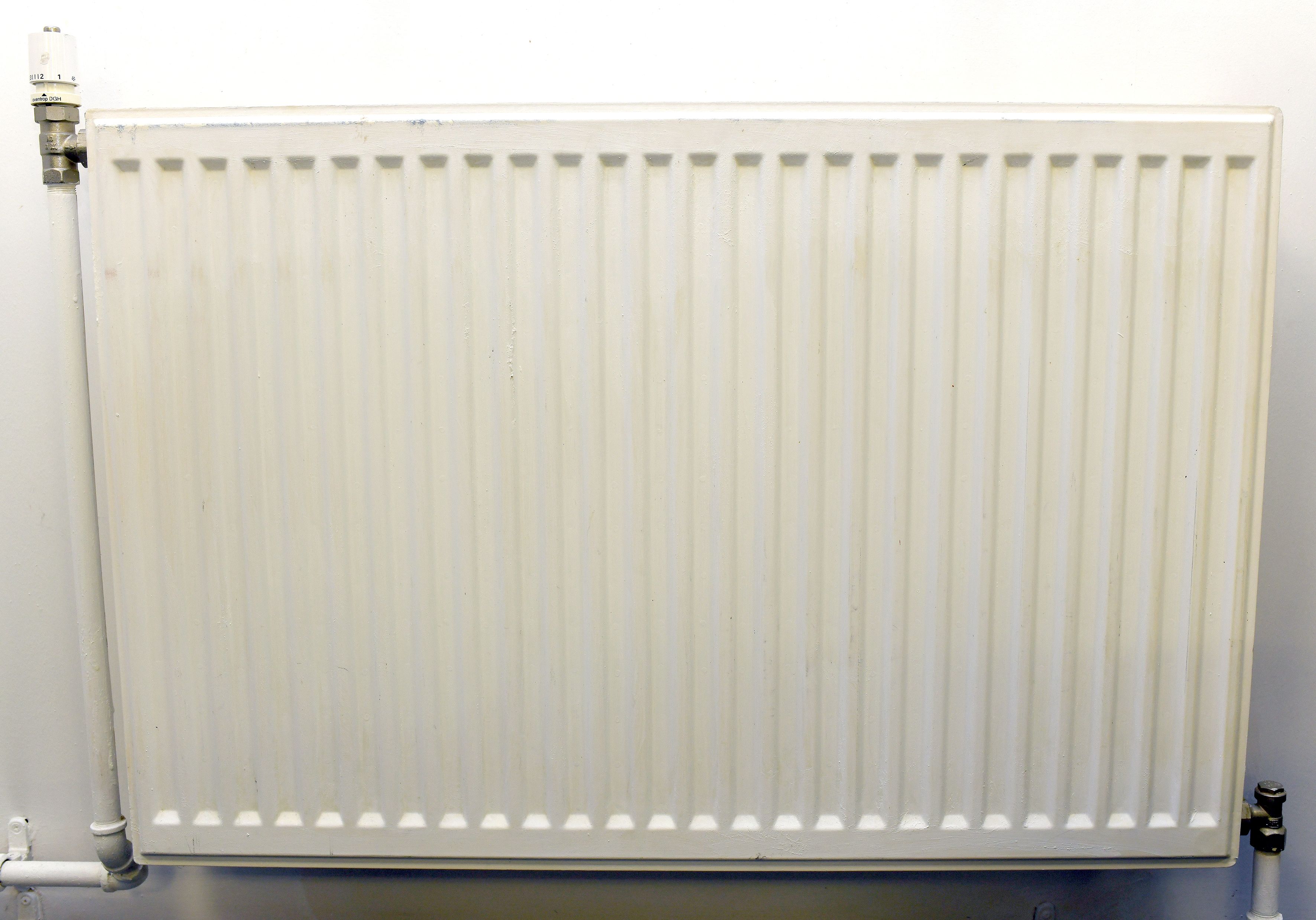
Typical Household
Where is this "typical household in Great Britain" whose energy bill is not more than £2500 per year? Are they struggling as much as us? My family comprises two adults and a teenager and we live in a small two bedroomed mid terrace. We have cavity wall insulation, the regulation amount of loft insulation, we have ancient double glazing, solar panels on the roof and a gas combi boiler that is older than our daughter. We live in fuel poverty.
Continue reading 5 mins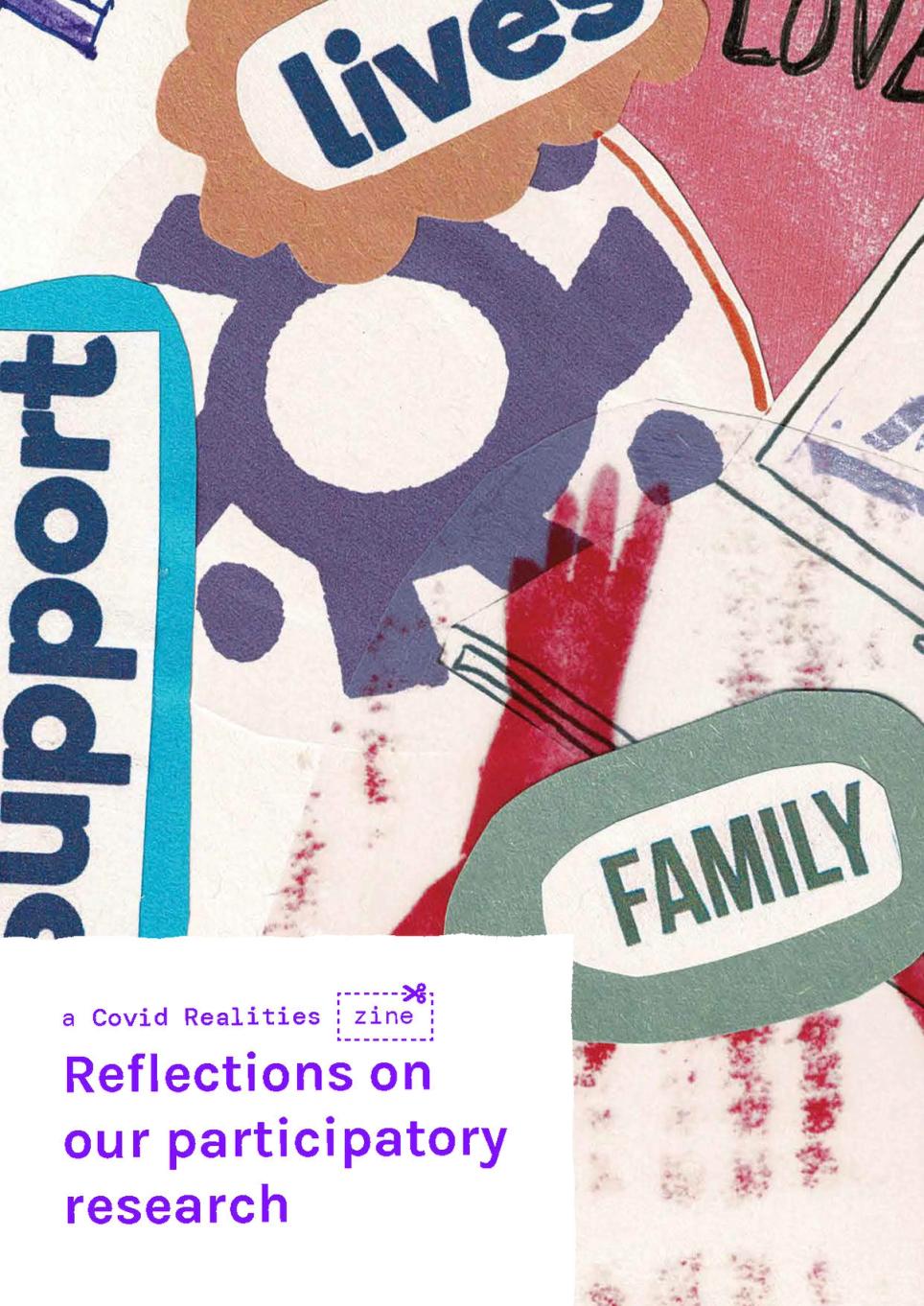
Unpacking the process: making our Covid Realities ‘Reflections’ zine
What we wanted to do with this zine
Continue reading 13 mins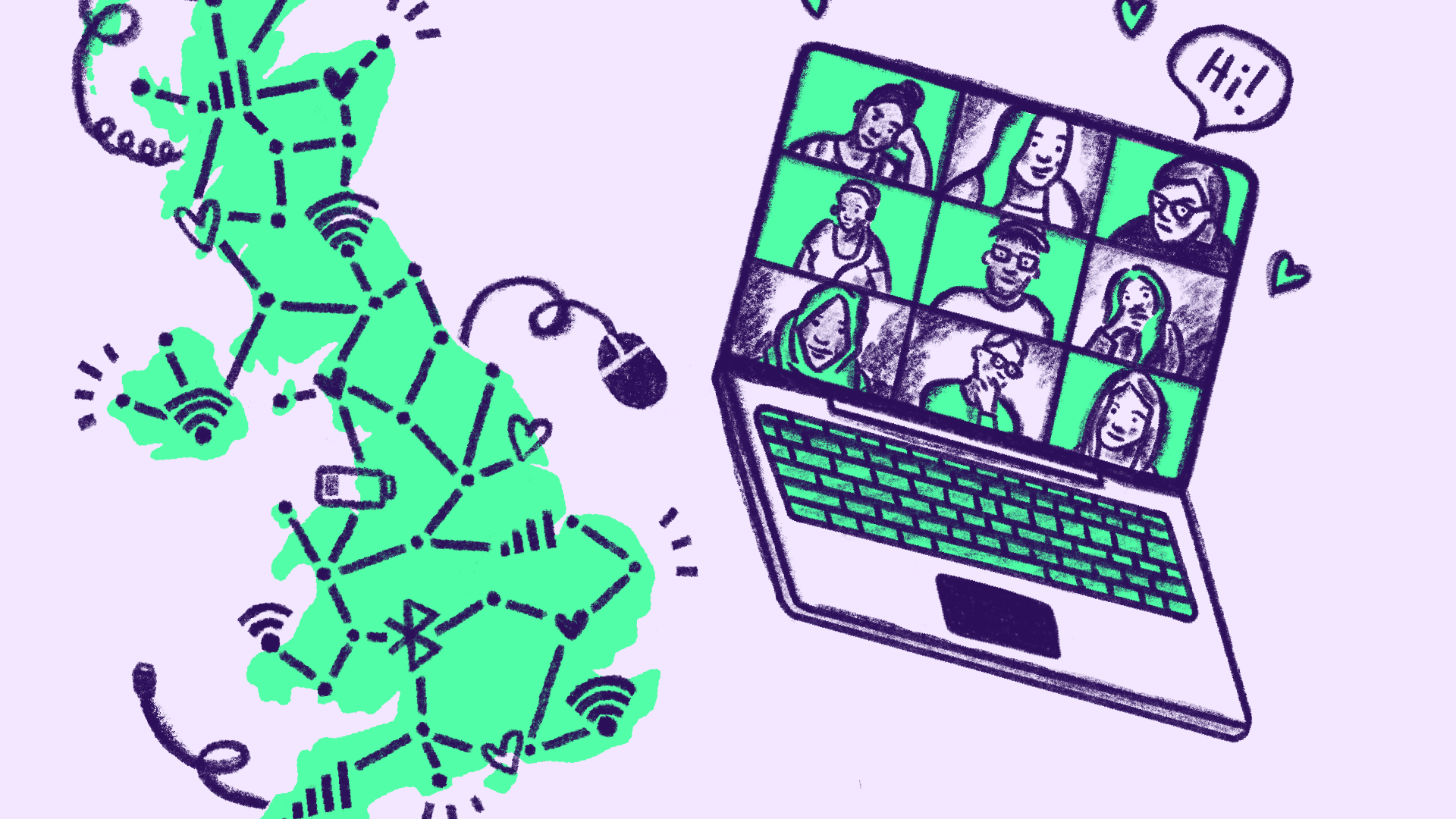
Lived Experience and Real-time Insight
Through Covid Realities and now Changing Realities we have developed new ways of researching and working together. Today, we launch a series of films sharing different takes and reflections on what we do and why. To accompany the launch of these films we are also sharing this reflection on researching together from Alex Beer, Programme Head of Welfare at the Nuffield Foundation.
Continue reading 6 mins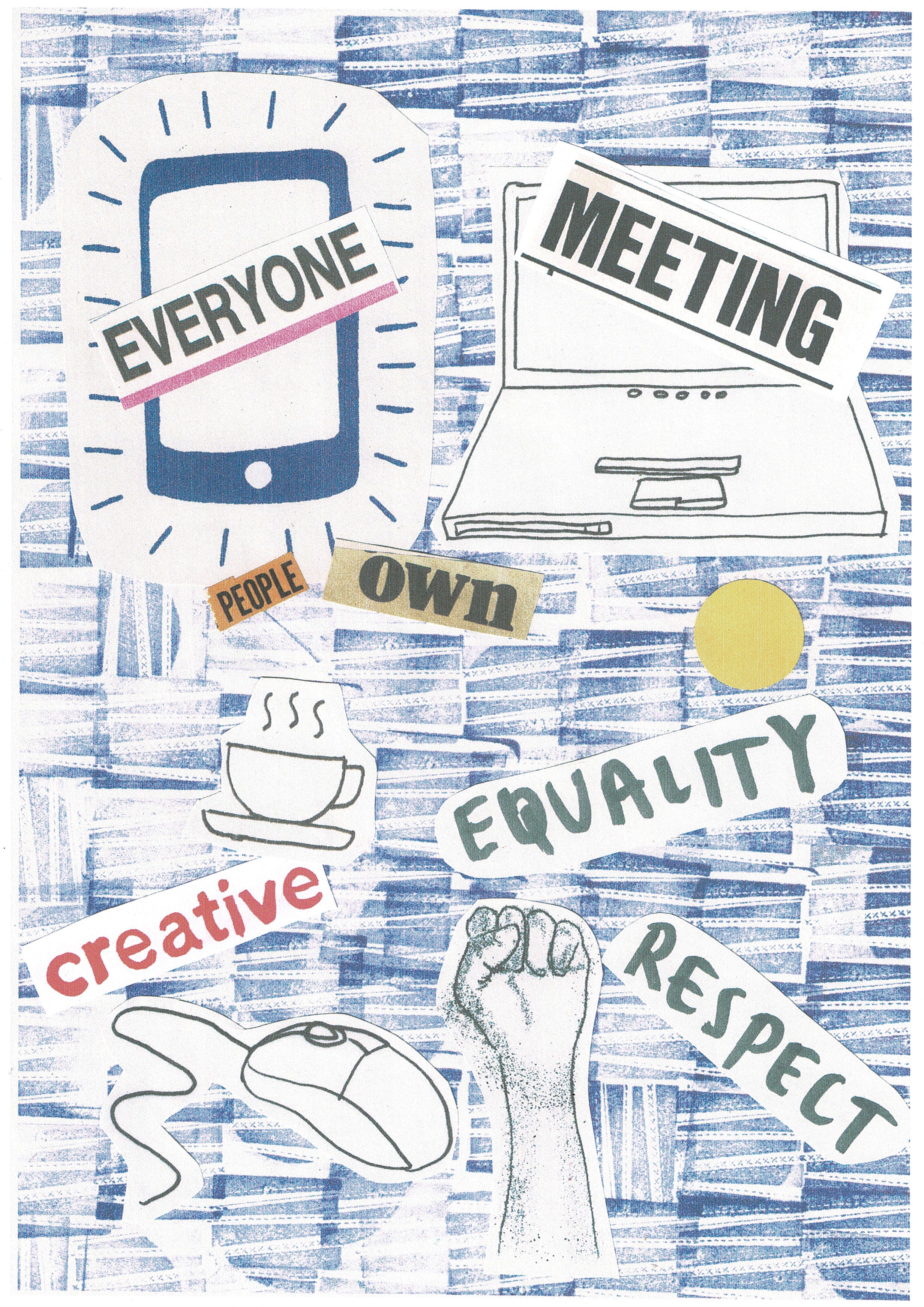
Ways of Being and Doing: Reflections on Researching Together
Through Covid Realities and now Changing Realities we have developed new ways of researching and working together. Today, we launch a series of films sharing different takes and reflections on what we do and why. To accompany the launch of these films we are also sharing this reflection on researching together from Jean McEwan, Zine Artist.
Continue reading 7 mins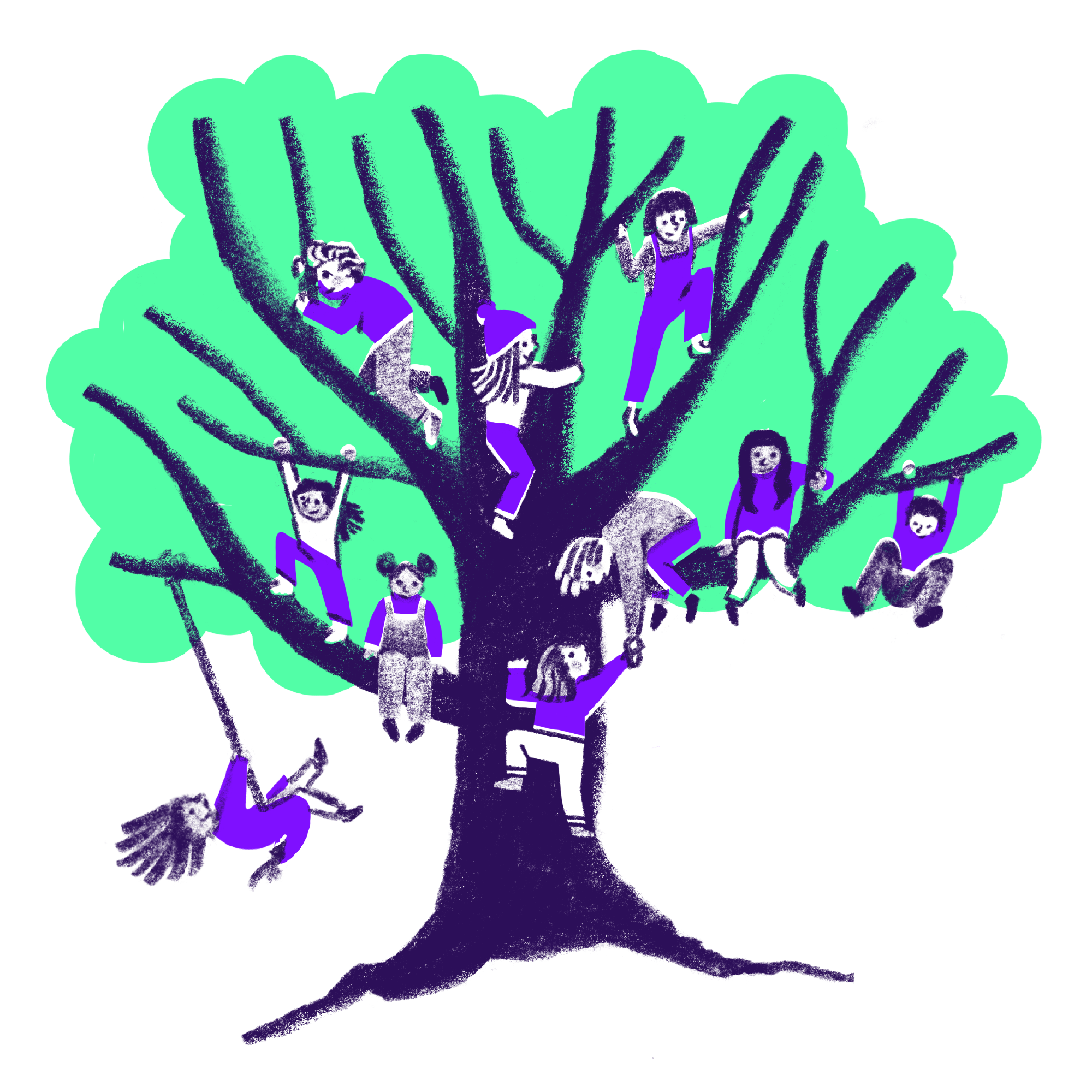
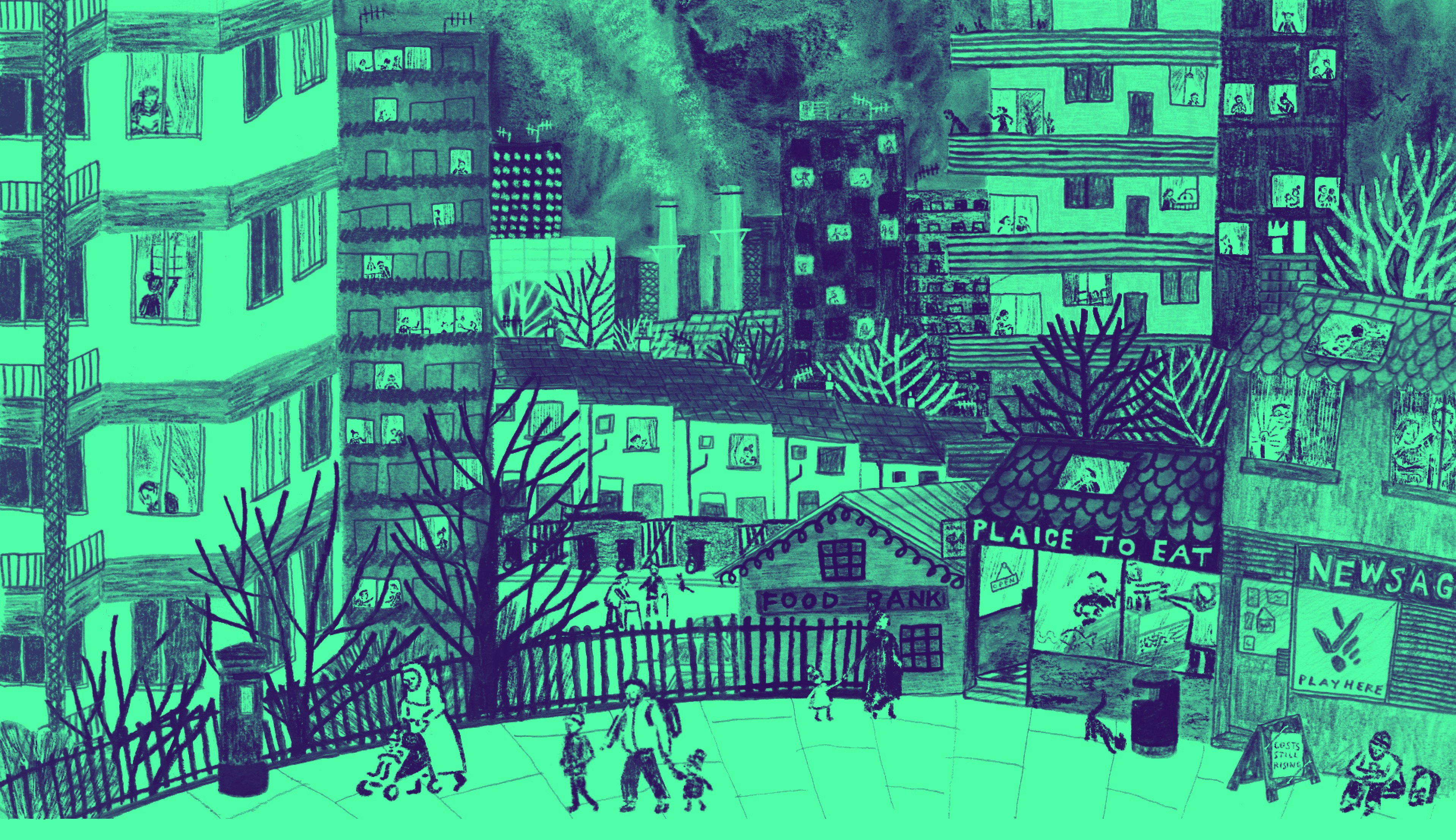
Pain is something I have to live with, being cold and hungry is surely not
For a while now I've been searching for somewhere to channel my frustrations and concerns constructively and effectively. When I first saw the link to the Changing Realities project on social media, I knew instantly, it was something I could and should get involved with. Changing Realities satisfies my need to express dissatisfaction with systems which urgently need real change.
Continue reading 11 mins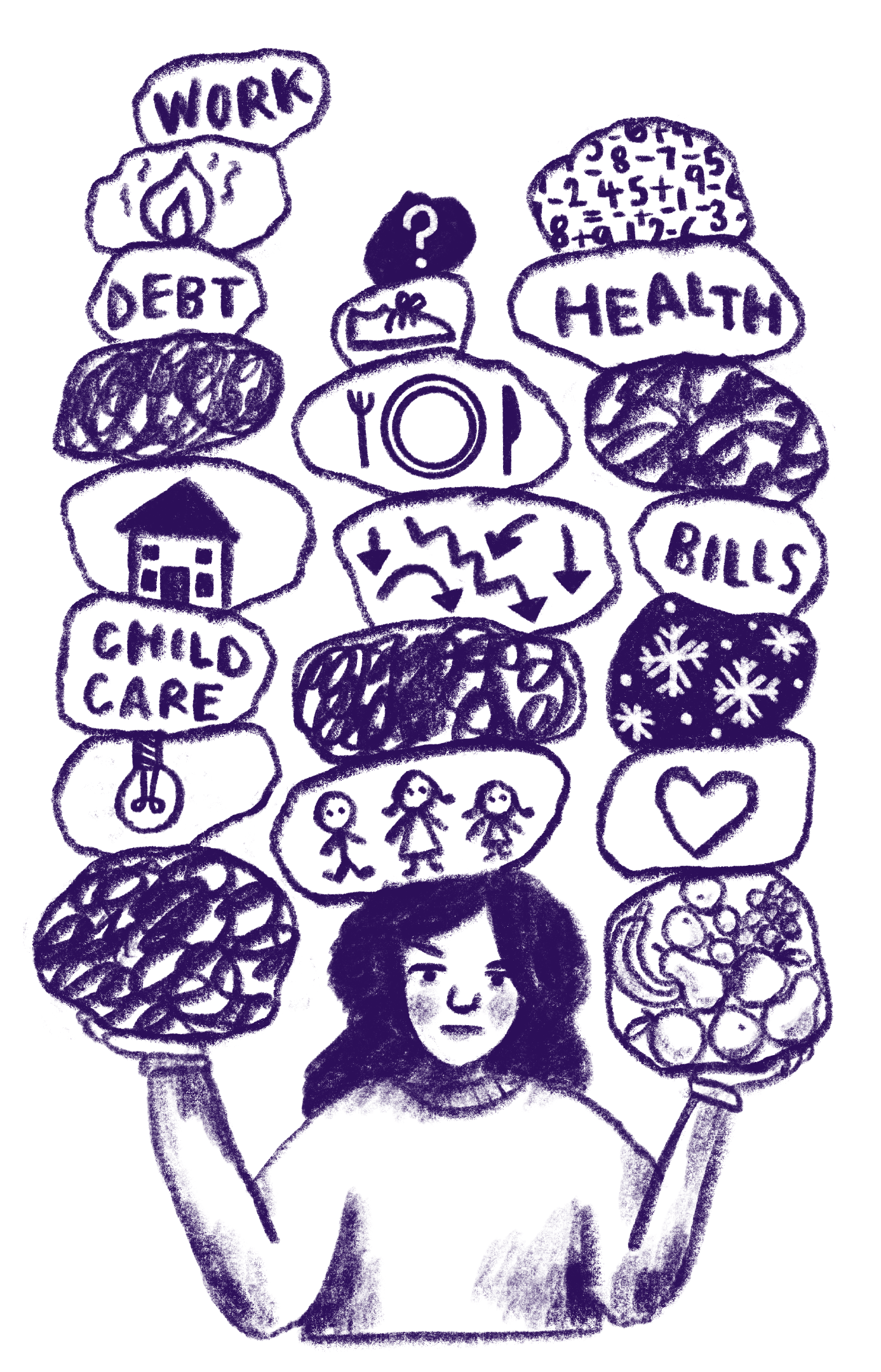
The long, cold, wait for support
As the clocks changed and went back an hour, suddenly we found ourselves immersed in earlier, darker evenings along with a blistery, cold draft seeping through the house. Our lights will be on more, earlier in the day, because of this but I can’t sustain the cost of keeping them on. It is times like this I try to remind myself that the government support which has been promised may eventually come.
Continue reading 3 mins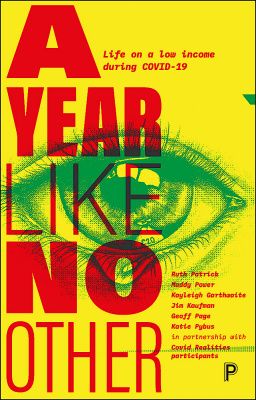
Together we can help each other stay afloat
As a disabled lone parent & carer to my 17 year old son; in receipt of legacy benefits since 2005, the Covid-19 pandemic meant life became even tougher for folk like me yet our stories weren’t being told. Furthermore, demonising rhetoric against benefit claimants was rife. I wanted to change that. But how?
Continue reading 9 mins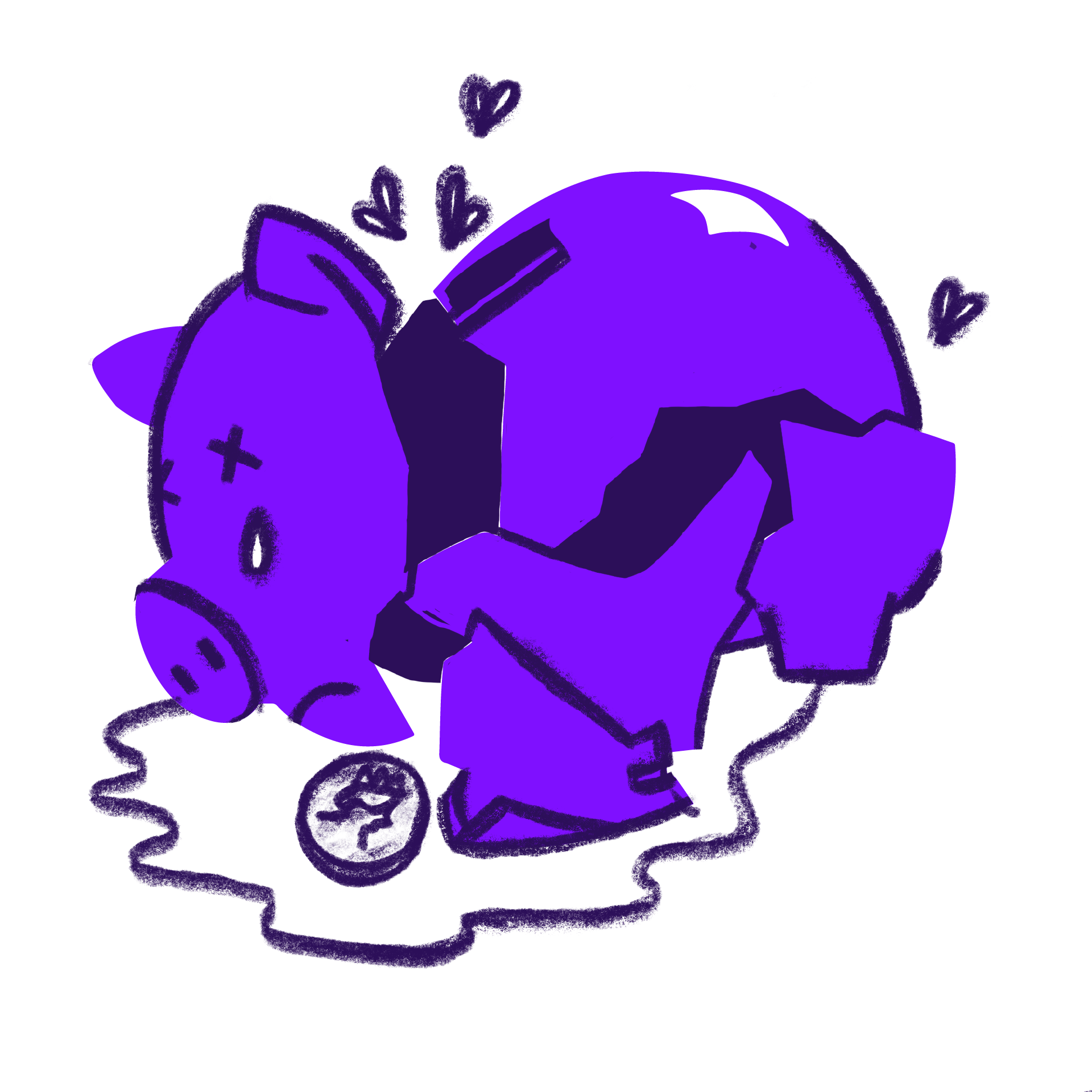
Why I lived through and now want you to read A Year Like No Other
A Year Like No Other is a book charting the ups and downs of family life on a low income during the unprecedented times of Covid 19. It is written by researchers at the Universities of York and Birmingham in conjunction with the participants of the Covid Realities research project.
Continue reading 5 mins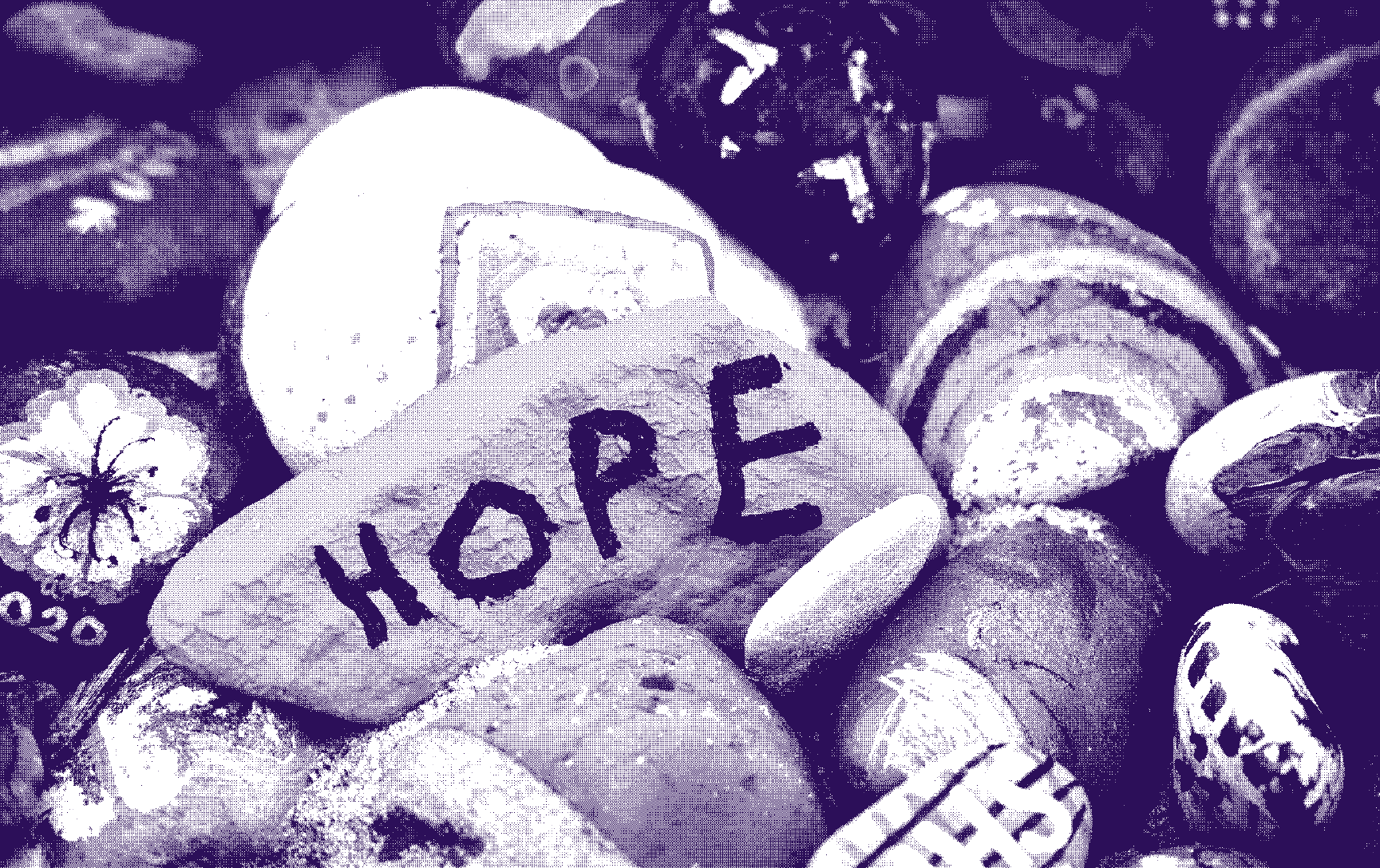
Changing realities: reasons to be hopeful
During Liz Truss’s round of local radio interviews last week a caller rang in to Radio Leeds, wanting to ask the Prime Minister: ‘when will I ever feel hope again?’ This was a pertinent question and one that will resonate across the country as households face wave after wave of uncertainty and what feels like perpetual crisis. Optimistic if flimsy promises to build back better after the pandemic now seem like a foolhardy, even cruel joke, replaced as they have been this descent into chaos and despair.
Continue reading 8 mins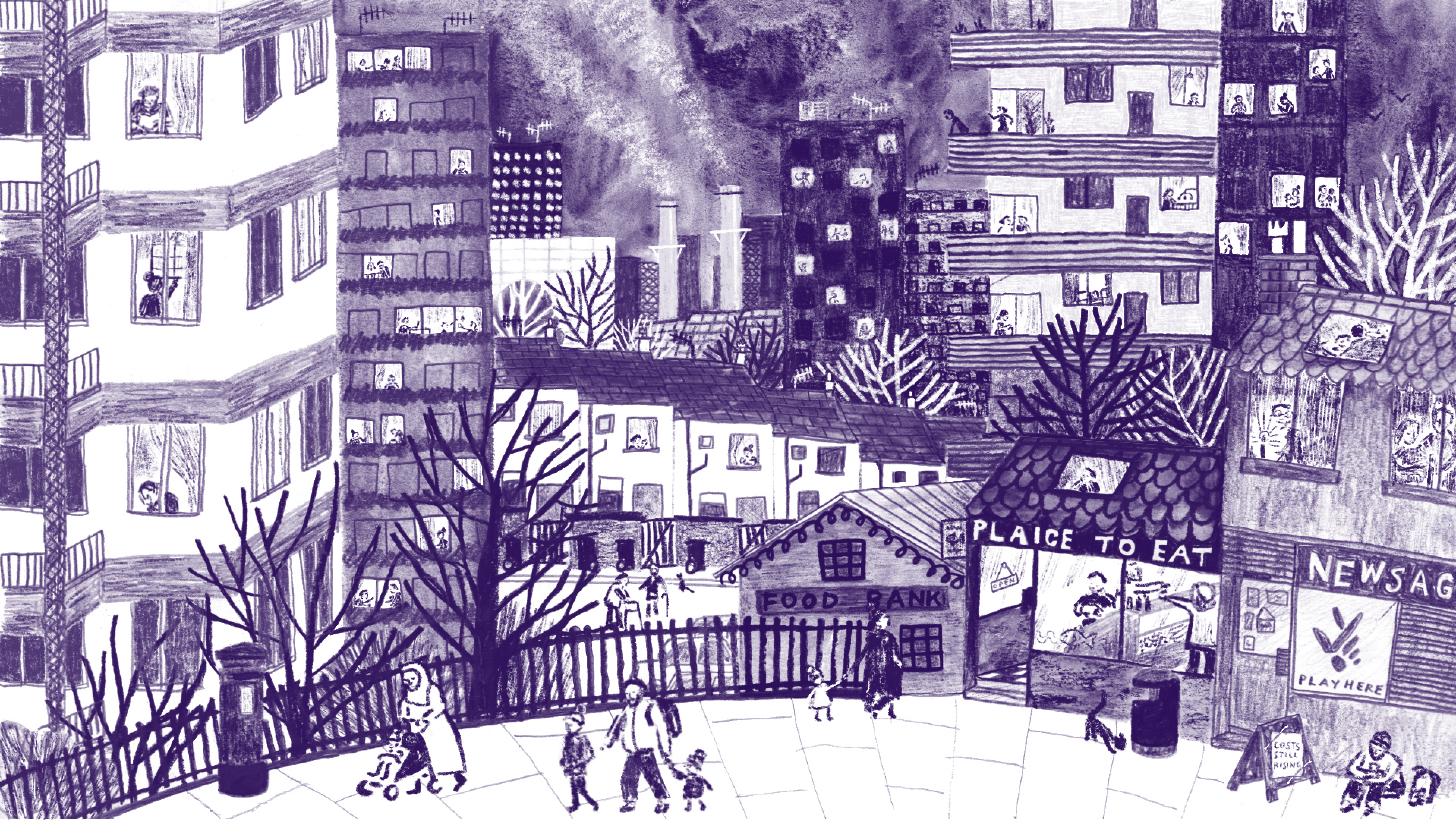
Why should I get involved?
Changing Realities aims to do exactly what it says, but, it needs us: our voices, YOUR VOICE. This is what will drive the change, otherwise, it is just politicians and academics doing what they think is best for us (the lower paid and poorest in society) which is nothing different than the way it has been. The pandemic has taught us a lot and the Covid Realities project became a lifeline to so many people, not only isolated because of lockdowns, but isolated because of poverty, poor mental health and the stigma that makes us hide away.

Does the “mini-budget” reflect the needs of everyday realities?
Chancellor Kwasi Kwarteng unveiled his "mini-budget" last week. This includes the largest tax giveaway in 50 years, which will primarily favour the wealthy and be initially funded by increased borrowing from the government. Focusing on benefiting the wealthiest in society makes it feel like this Chancellor is completely out of touch with what everyday people need. It feels absurd that he is removing the cap from bankers bonuses whilst tightening conditionality of those in receipt of social security payments, despite the UK already having some of the harshest in the world. His proposals seem inherently unfair, leaving many to feel pretty helpless while we worry about the level of inequality rising. Some people refer to this budget as "radical," however, what would be more radical would be to listen to people who are on low incomes or in struggling families to determine what changes are actually needed to improve everyday realities.
Continue reading 4 mins
This cruel budget offers nothing for families like mine
I am a single parent working in the NHS as a therapy assistant. I work part-time at the moment. As a survivor of domestic violence, I need to be there to support my 11 year old son. I’ve worked full-time in the past but currently work 22.5 hours a week. That means I combine the work I do as a parent with the work I do for the health service.
Continue reading 4 mins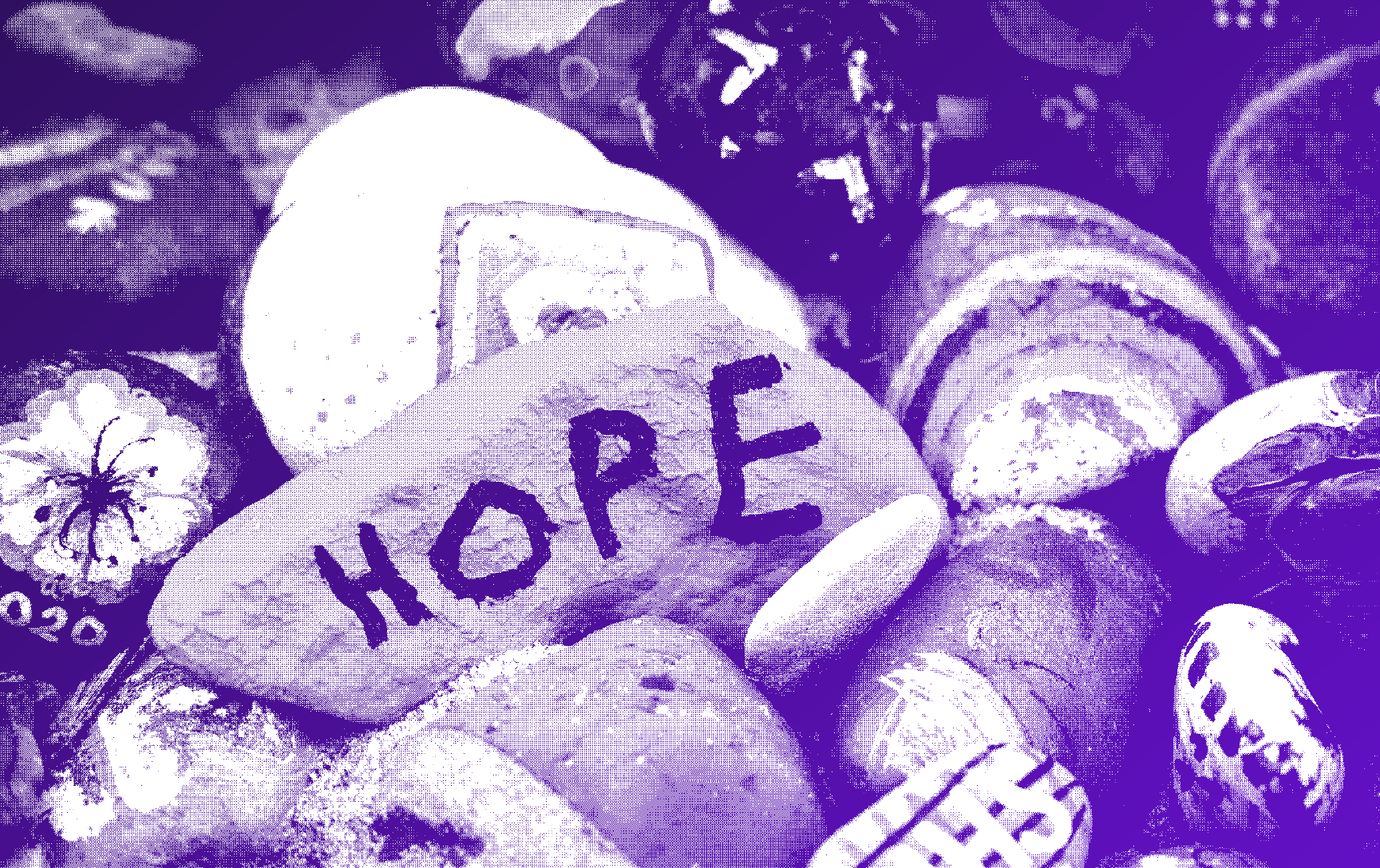
I've signed up to Changing Realities: this is why I think you should too
My name is Kim. I am a married disabled mother of four sons. Right now, life is extremely difficult. The weather is getting colder, the nights are closing in at the same time as prices for everything are skyrocketing.
Continue reading 2 mins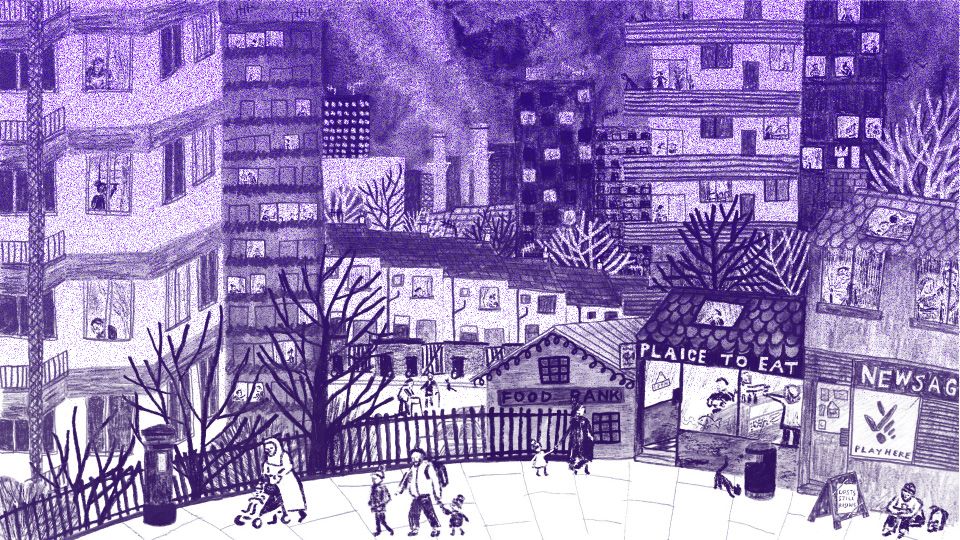
Changing Realities against a context of everyday crisis: An invitation to get involved
2022 has already been an incredibly eventful year for the UK, with one week in September alone seeing both the death of our monarch, and a change in prime minister. That week also featured Liz Truss’s new government making a major announcement in response to the cost of living crisis, promising support to cap average households energy bills over the next two years. Despite this busy news agenda, the cost of living crisis has remained at the forefront of the political and national conversation, with concern over how households will weather an unhappy combination of record breaking rates of inflation, rapidly escalating energy prices, stagnant wages and inadequate social security provision.
Continue reading 9 mins